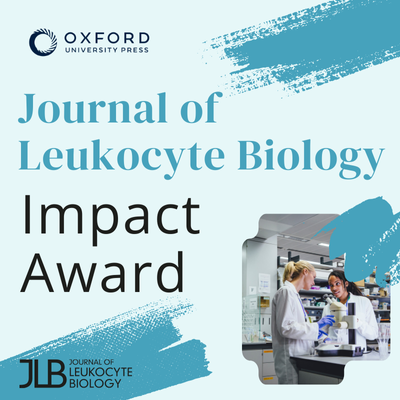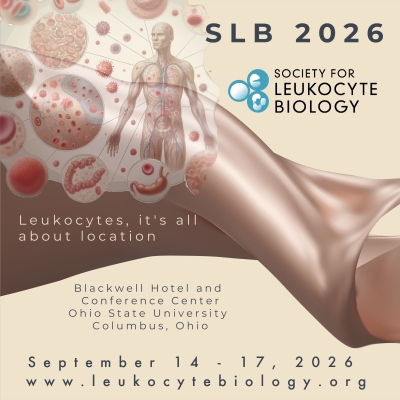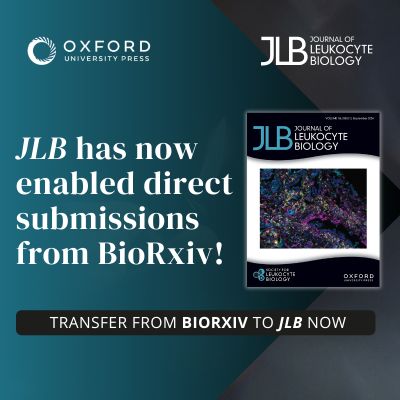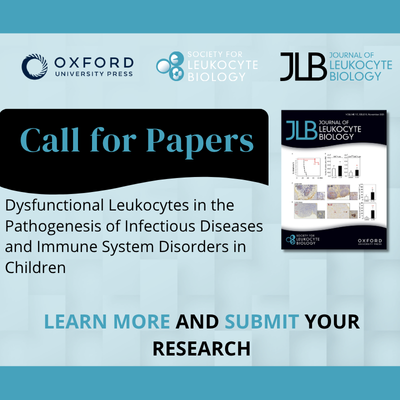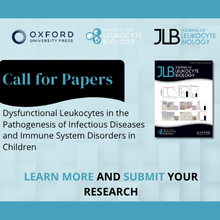|
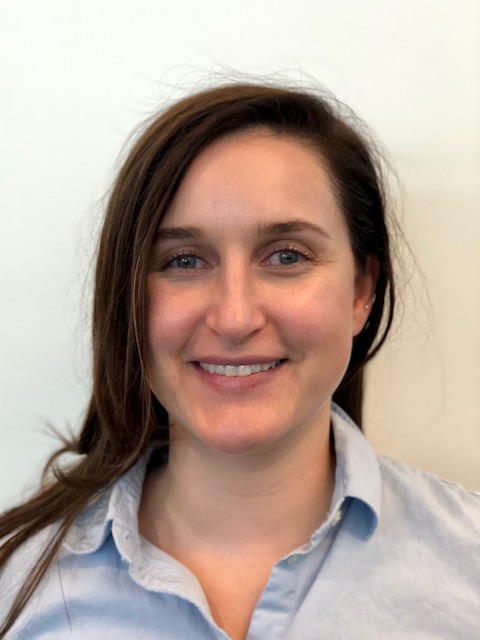 Lillian Anderson Lillian Anderson
Lillian J. Anderson, M.D. is a research associate in the Burn & Shock Trauma Research Institute at Loyola University Chicago. Her research focus is on the gut-brain axis. She is currently evaluating the inflammatory mediators and short chain fatty acids in the blood and stool of traumatic brain injury patients. After completion of residency, she hopes to enter into a critical care fellowship and one day have her own lab.
|
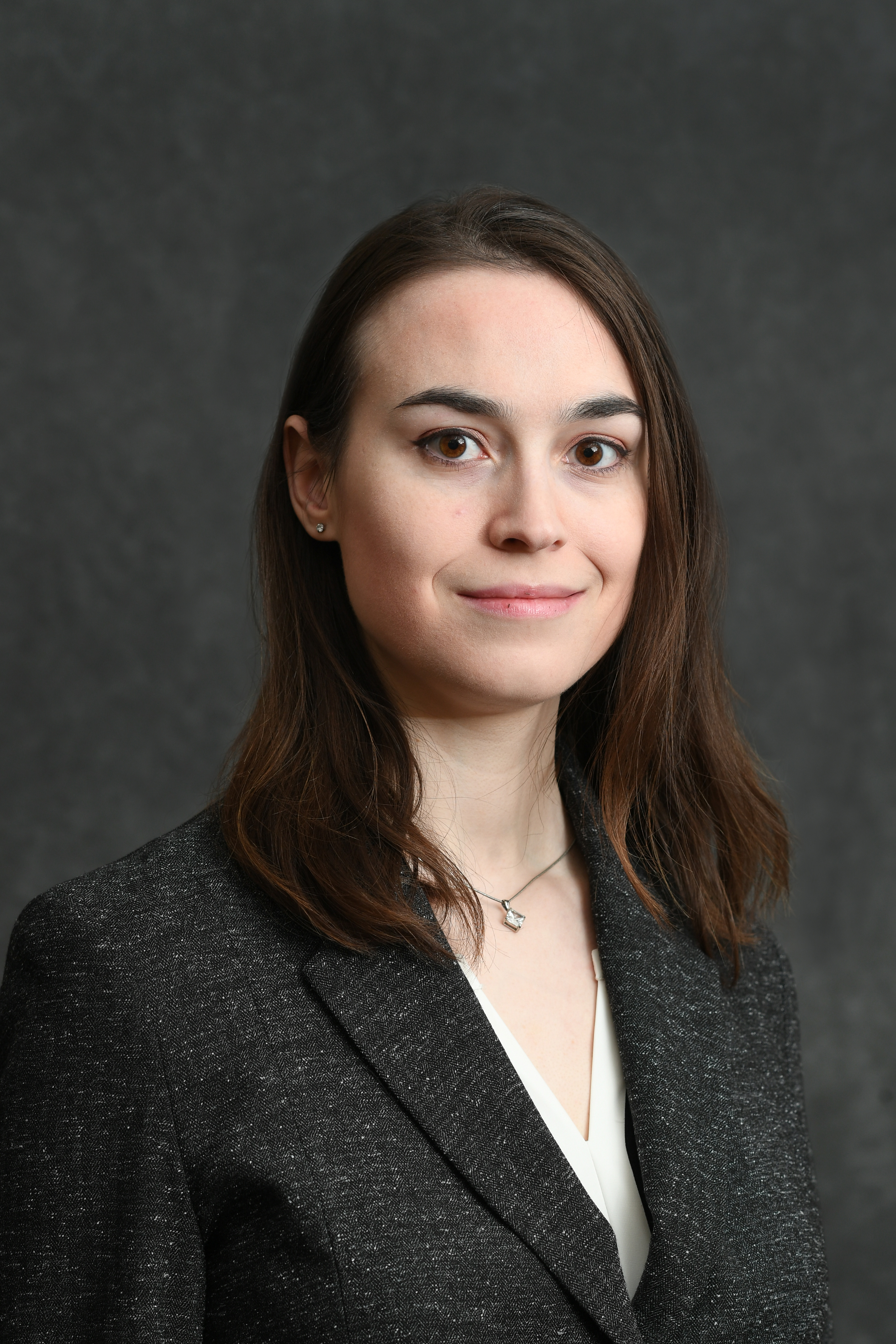 Natalie Anselmi Natalie Anselmi
Natalie completed a B.S. in Cell and Molecular Biology at SUNY Binghamton in May of 2018 where she studied the formation of persister cells in biofilms under Dr. Claudia Marques. In August of 2018 she joined the PhD Program in Biomedical Sciences (PPBS) at the University at Buffalo. She has recently matriculated into the PhD program in Oral Biology and joined the lab of Dr. Michelle Visser and is currently studying the affects of Pseudomonas aeruginosa on macrophage migration.
|
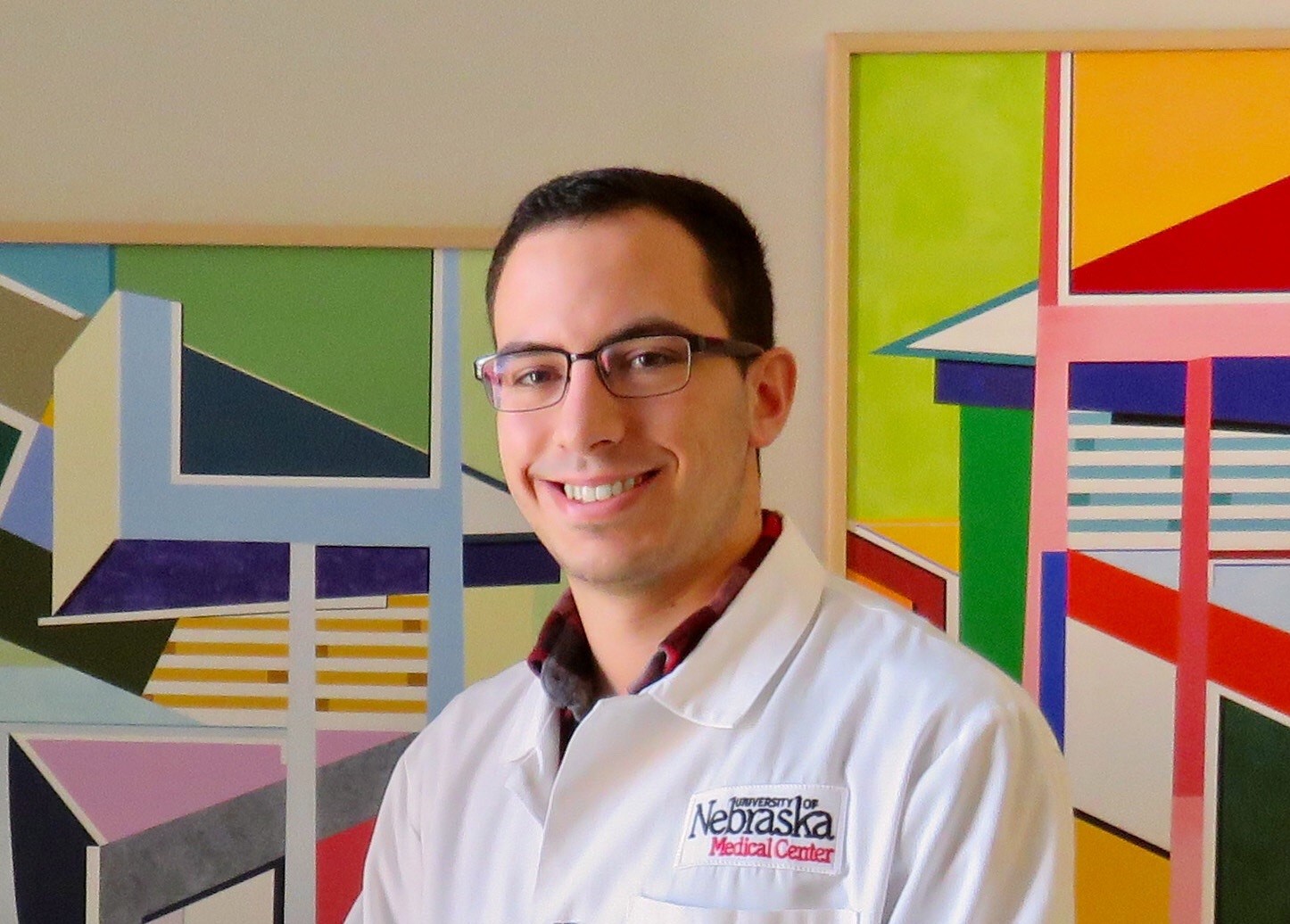 Blake Bertrand Blake Bertrand
Blake P. Bertrand is a 2nd year Ph.D. student in Dr. Tammy Kielian’s laboratory at the University of Nebraska Medical Center. Blake’s research focuses on the crosstalk between Staphylococcus aureus biofilms and leukocytes during orthopedic implant infections. His project investigates how S. aureus biofilms change their metabolism in response to leukocytes, and how one of these metabolites, formate, may act as a metabolic virulence factor to aid bacterial persistence. Insight into these mechanisms in which biofilms evade host response may lead to improved therapeutic strategies.
|
|
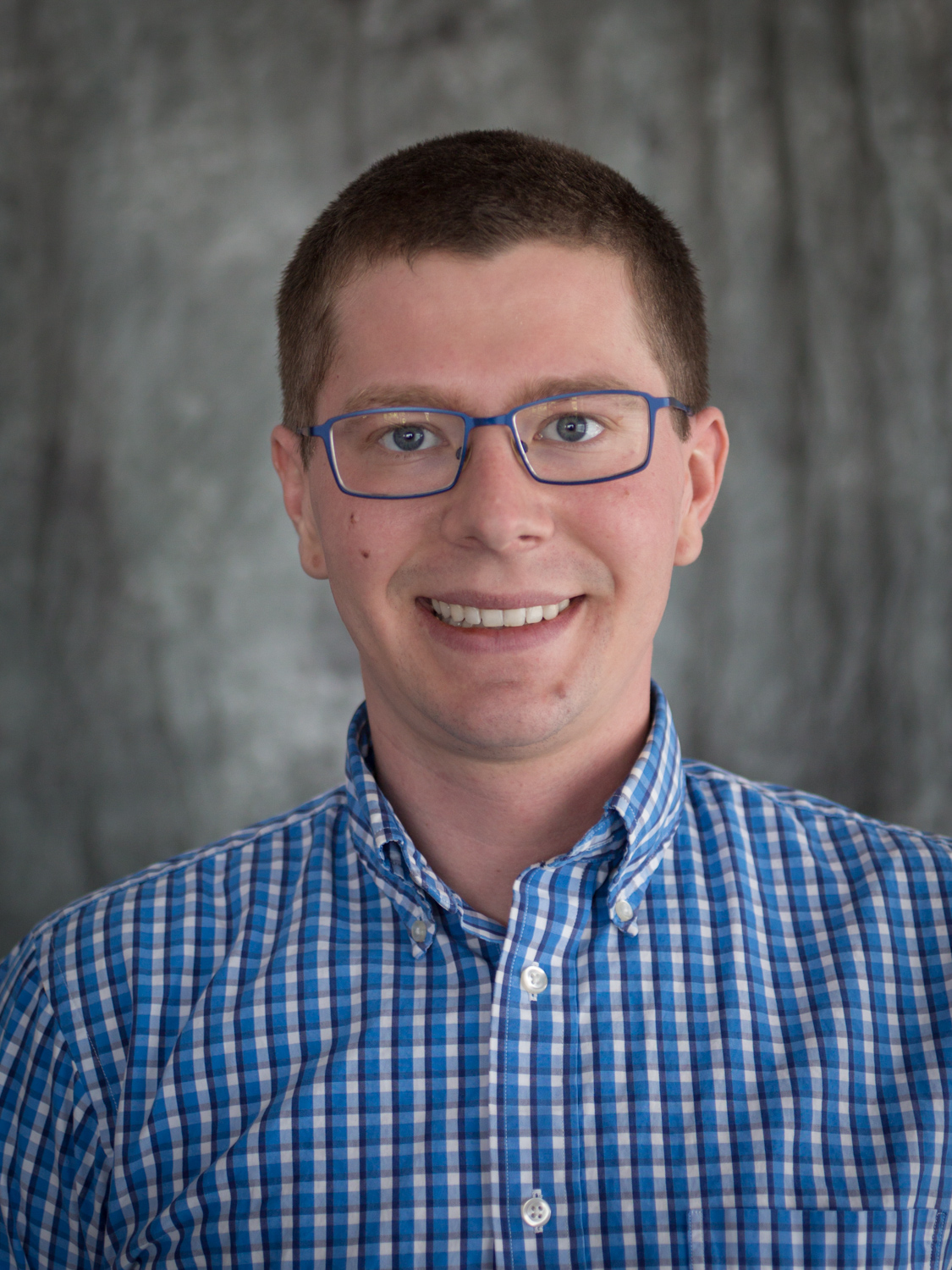 Devin Boe Devin Boe
While in high school, I was offered the amazing opportunity to begin a career in biomedical research under the mentorship of Dr. Jerrold Turner. After undergraduate studies at Northwestern University and working as a research assistant at the University of Chicago, I matriculated into a dual-degree MD/PhD program at Loyola University Chicago. When my PhD mentor Dr. Elizabeth Kovacs moved her lab to the University of Colorado, I transferred into the Medical Scientist Training Program (MSTP) there, where I have continued my research into innate immunity, aging, and the inflammatory response to injury while in the Immunology graduate program.
|
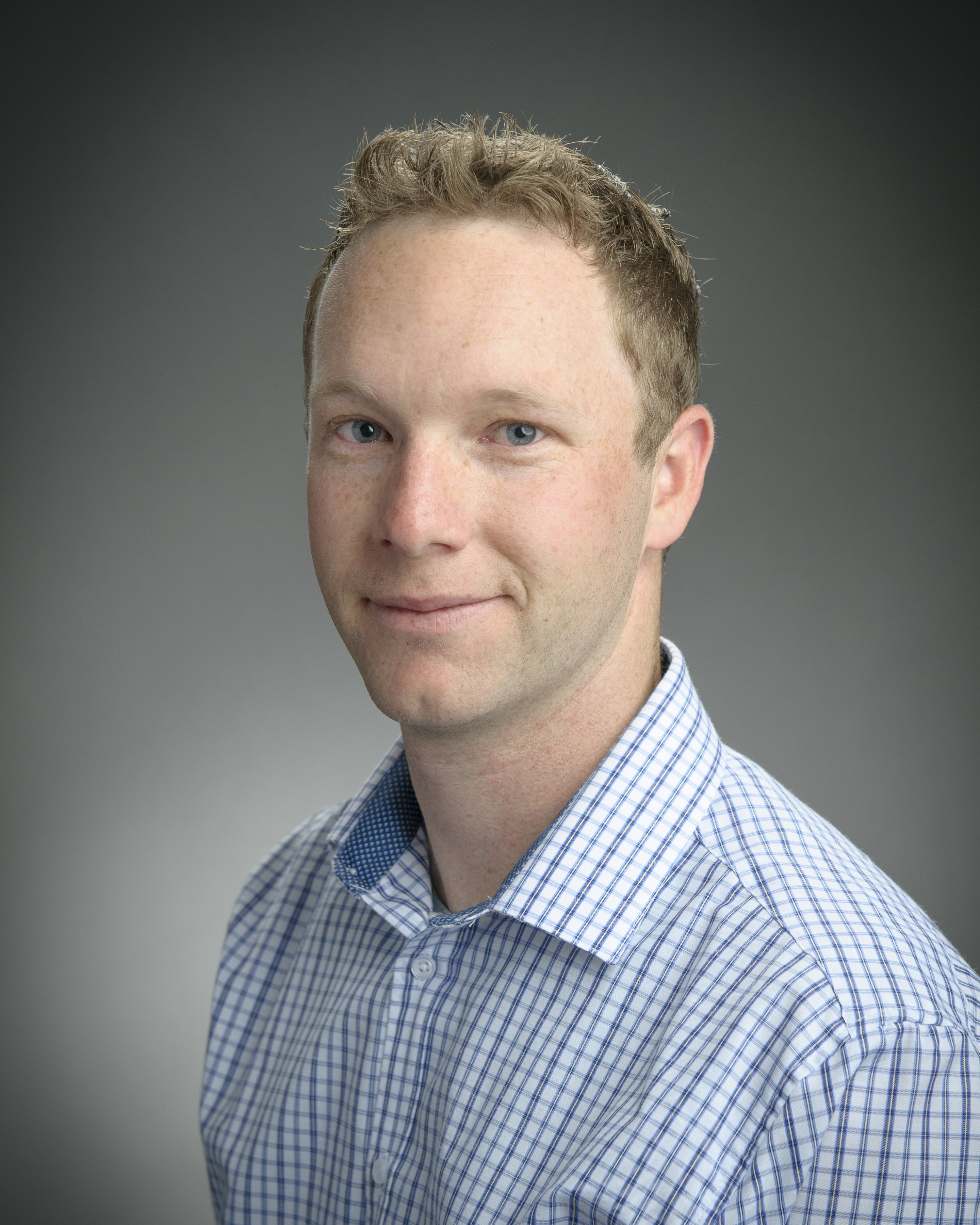 Timothy Borgogna Timothy Borgogna
I doubt that I have ever been the most intelligent in a room of my peers, but I would contest that at times I am the most interested. I grew up in San Diego, California where I attended Point Loma Nazarene University and earned a B.S. in Biology. After my undergraduate studies I moved to Bozeman, MT to pursue a Ph.D. in Immunology and Infectious Disease. I am most intrigued by the reciprocal interactions among pathogens and their host. After graduate school I plan to continue to a postdoctoral position within the host/pathogen field. I really like to fish.
|
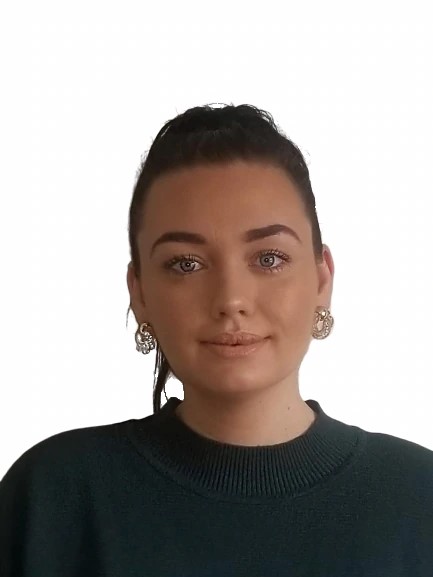 Laura Cahill Laura Cahill
I am eager to enhance my research career development in basic immunology and trauma immunology. I am wholeheartedly committed to establishing myself as an independent investigator in trauma. I grew up in Ireland, my family and friends live there. I left my home and all I knew at 27 years old to move to America to enhance my career development. I am dedicated to a career in research here and passionate about contributing to the field of leukocyte biology in traumatic injuries as it encompasses the pathophysiology of trauma, hemorrhage, shock or sepsis.
|
|
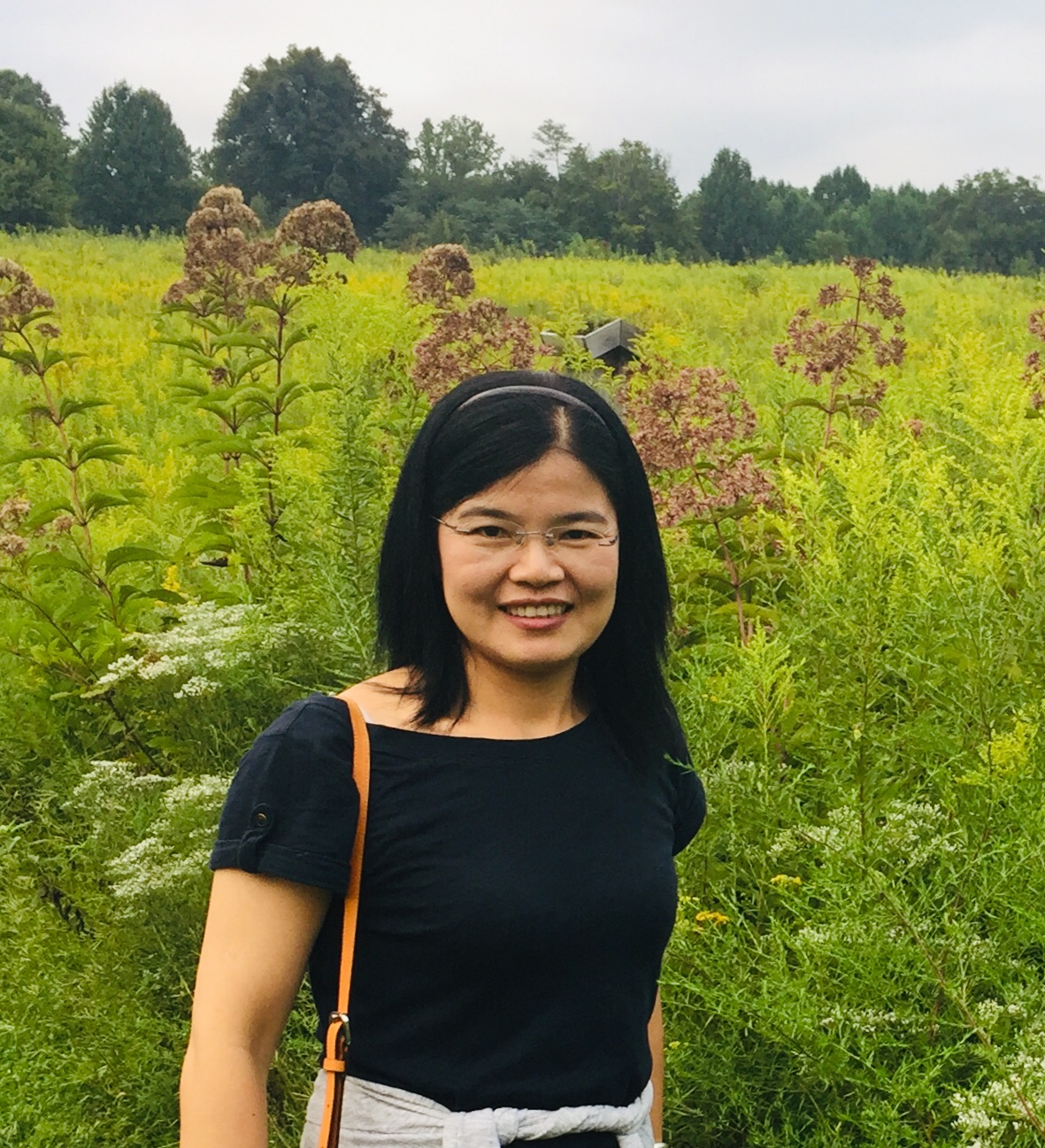 Yanhui Cai Yanhui Cai
I received my Ph.D. degree in Biomedical Science (Microbiology and Immunology) from Tulane University School of Medicine in 2013. Currently, I am an associate staff scientist working with Dr. Luis Montaner in the HIV-1 immunopathogenesis Laboratory, The Wistar Institute. I have focused on HIV/AIDS research study for ~9 years, including AIDS pathogenesis and immunology using SIV/rhesus macaque model, clinical development of DNA-based HIV conserved element (CE) vaccine, and targeting B cell lymphoma 6 (BCL6) inhibition for clearance of HIV-infected CD4 T follicular helper (Tfh) cells within lymphoid tissue. Data from my recent studies indicated that BCL6 BTB-specific inhibition can lower T cell activation, ex vivo HIV infection and reactivation, reduce Tfh cells and reverse germinal center hyperplasia in nonhuman primates. Together, it highlights the potential application of BCL6 BTB-specific inhibitor in vivo to reduce HIV persistence in the secondary lymphoid tissues of ART-suppressed HIV-infected patients.
|
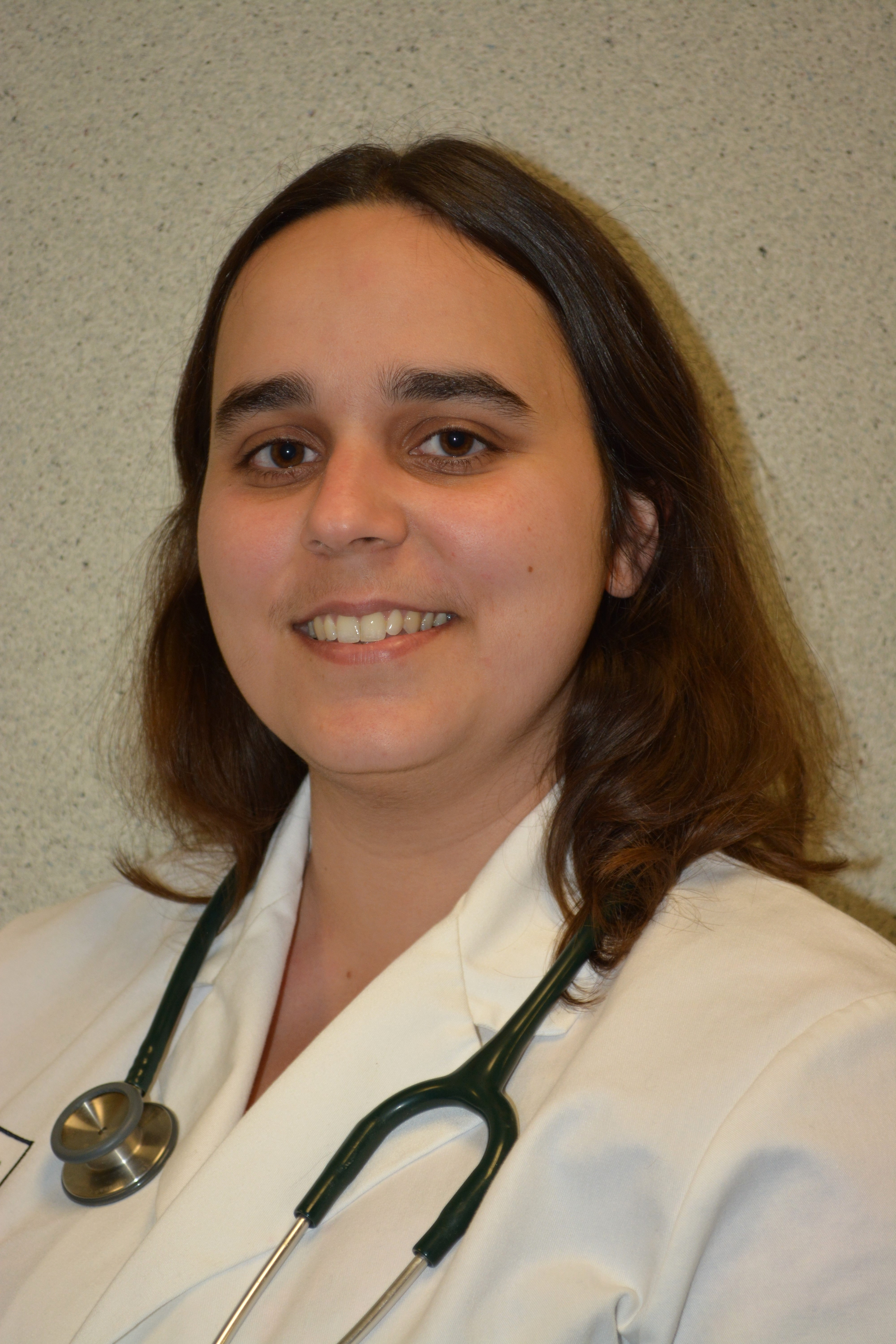 Catherine Chambers Catherine Chambers
I received my Bachelor of Science in Agriculture from Murray State University in 2012, and my Doctor of Veterinary Medicine from Louisiana State University in 2016. I then went on to complete a residency in laboratory animal and comparative medicine at the University of Missouri from 2016-2019, while concurrently starting a graduate degree program. I am currently working towards a PhD in Dr. Jerod Skyberg’s lab at the University of Missouri, where I study the role of inflammasomes in the pathogenesis of E. coli-induced meningitis.
|
 Yeonhee Cho Yeonhee Cho
I’m currently studying and working as a graduate student in Szabo Gyongyi lab in University of Massachusetts Medical School. Innate immune system in alcoholic liver diseases is my research area, and I have been actively participated in the projects identifying a role of neutrophil in alcoholic hepatitis pathogenesis. Previously, I worked in microbiology lab in a cheese company in Toronto, Canada. I was responsible for microbial and chemical testing of milk and cheese products. And one of my projects focused on development of best sanitization and disinfection procedures. I received B.S. with Bioengineering from Inha University in South Korea.
|
|
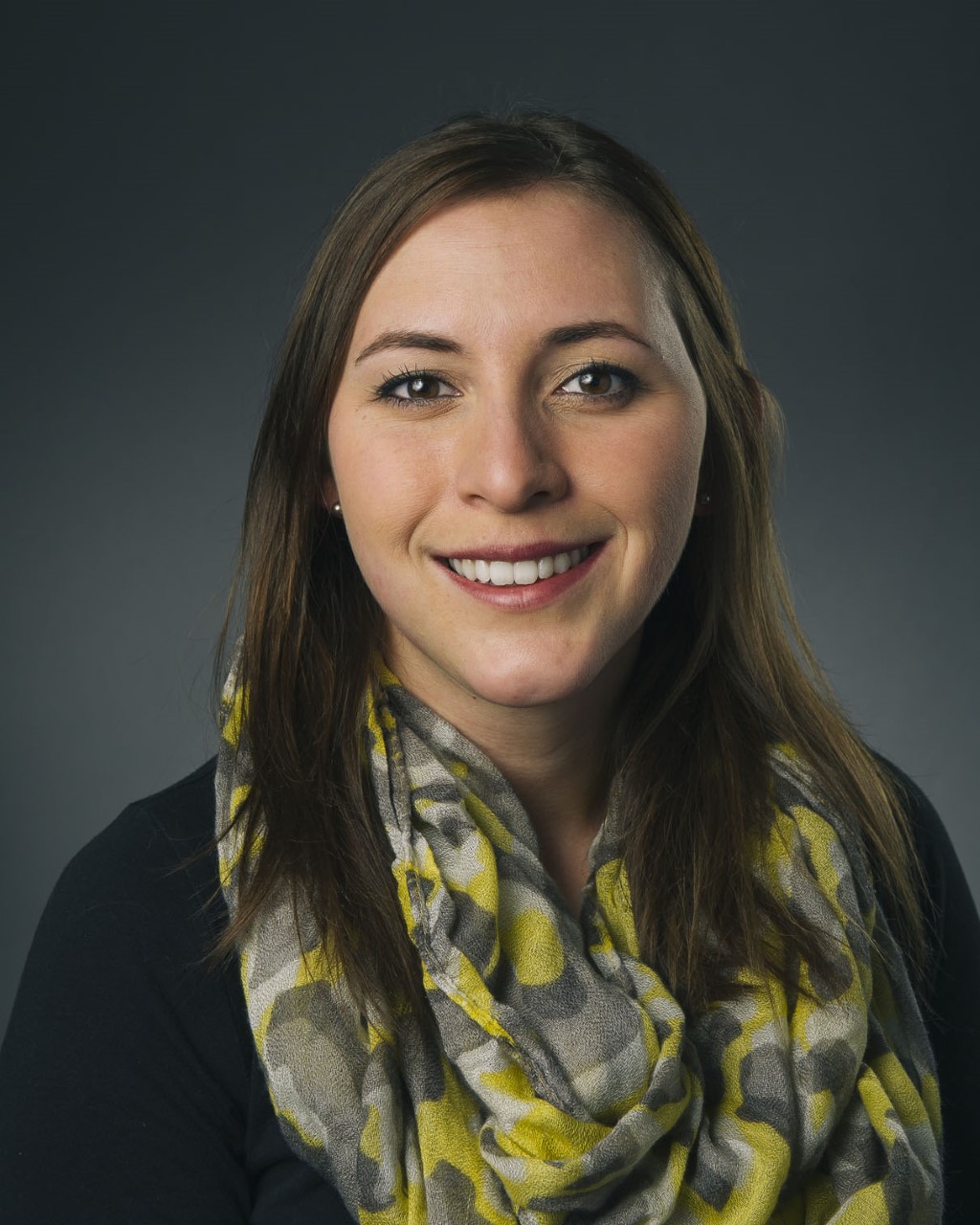 Madison Collins Madison Collins
I am in my fifth and final year in the doctoral program at Montana State University in the Department of Microbiology and Immunology. Under the mentorship of Dr. Jovanka Voyich, my research focuses on investigating two accessory genes (saeP and saeQ) and their contribution to innate immune evasion in Staphylococcus aureus (S. aureus). My work involves understanding how the accessory genes regulate the production of toxins and immunomodulators that influence neutrophil function. My research utilizes both ex vivo human neutrophil phenotypic assays and in vivo mouse models to understand the interface between S. aureus virulence and the innate immune response to infection. In the future, I would like to combine my scientific background with my fondness for scientific outreach and teaching.
|
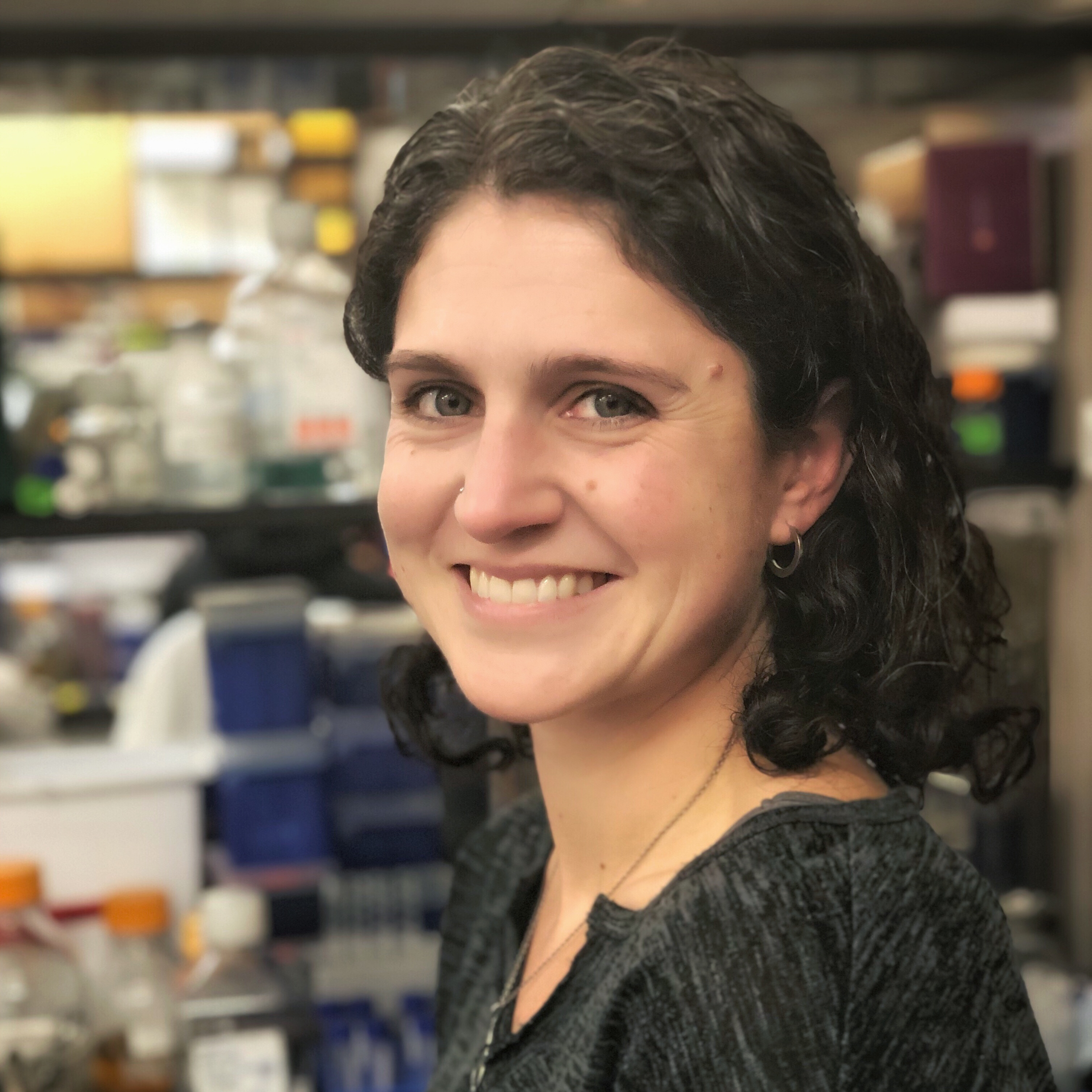 Meredith Crane Meredith Crane
Dr. Crane is an Investigator in the Department of Molecular Microbiology and Immunology at Brown University. Throughout her career, Dr. Crane’s work has focused on the signals that orchestrate the innate immune response to injury and infection. Her current work examines how the innate immune response is poised to respond to competing inflammatory sites using a model of post-traumatic pneumonia. Ultimately, by understanding how the innate immune response is shaped and disrupted by concurrent inflammatory insults along the lung-skin axis, she hopes to identify novel areas of intervention to improve the outcome of patients who are battling multiple inflammatory conditions.
|
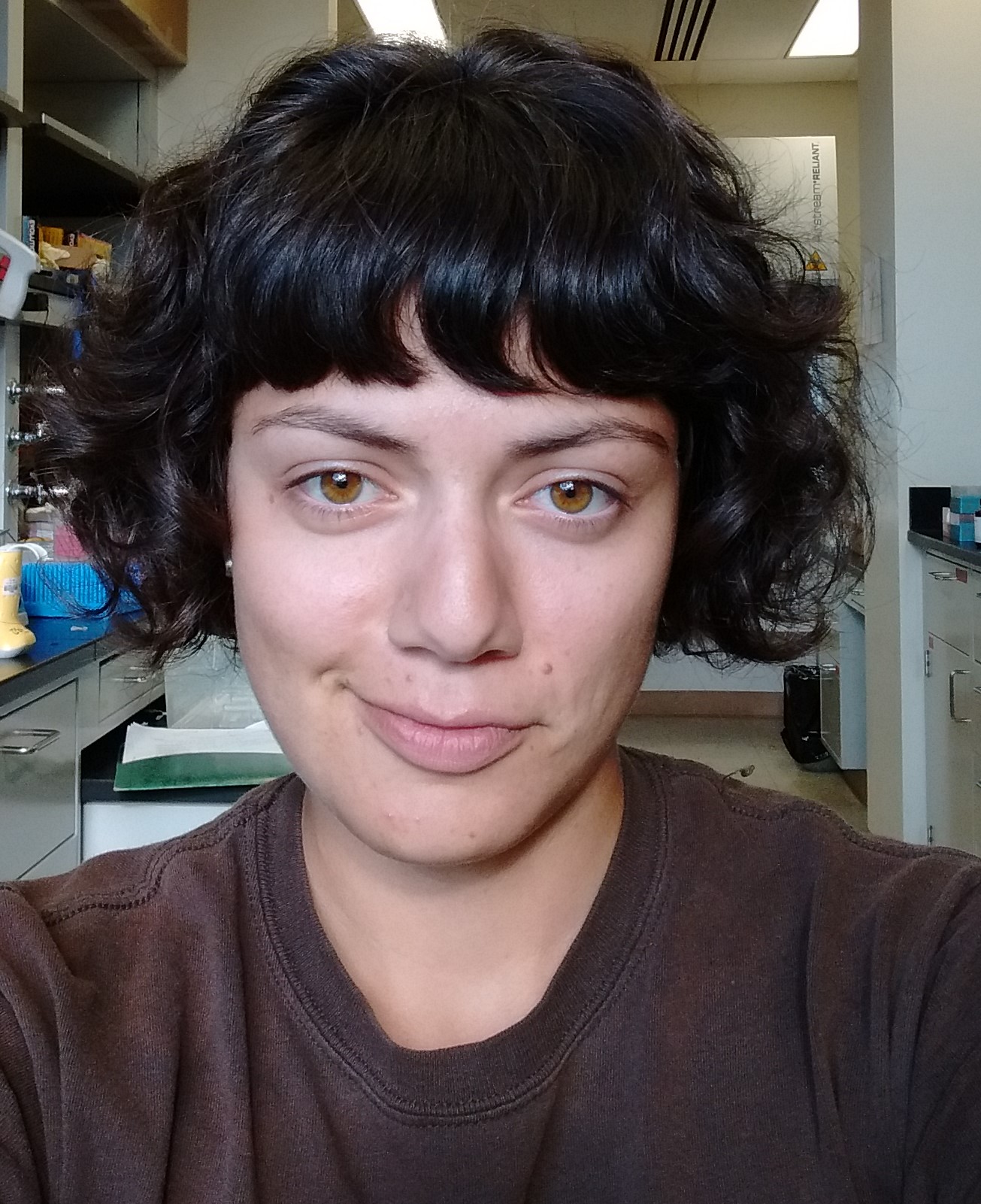 Alexis Dadelahi Alexis Dadelahi
I received a BS in Microbiology and Molecular Biology with a minor in Literature Studies and Honors from the University of Wyoming in May of 2013, and began my PhD at UW in the Biomedical Sciences Program in August of 2013. Currently, I’m finishing my doctorate at the University of Missouri, where I transferred in August of 2015, focusing on the role of B cells in chronic brucellosis infection. Ultimately, I plan to study how chronic BSL3 pathogens exploit immunoregulatory mechanisms subverting host immunity. Hopefully, this information will lead to improved rational vaccine and therapeutic design strategies.
|
|
 Kiran Dyamenahalli Kiran Dyamenahalli
Kiran earned his B.S. in Bioengineering from the University of Washington. During college, he worked at the Seattle Children’s Hospital Research Institute studying regulators of uro-epithelial growth. He then enrolled in a combined MD/PhD program at the University of Colorado, completing his studies in 2016. His PhD thesis involved developing a temperature-responsive polymer for endovascular medical devices. Kiran has finished his first two years of General Surgery residency at the University of Colorado and is currently completing a post-doctoral fellowship with the Burn Research Group. In 2015, Kiran created a start-up called CalamityLabs, as a framework to develop biomedical devices.
|
 Srikanth Elesela Srikanth Elesela
My academic training and research experience have provided me an excellent background in multiple biological disciplines, including Immunology, Biochemistry and microbiology. During my first postdoctoral research I have identified Foxo1 as a critical transcription factor for the induction of IL9 in Th9 cells. I was able to show that the inhibition of AKT enhances IL-9 induction in Th9 cells while it reciprocally regulates IL-9 and IL-17 in Th17 cells via Foxo1. Also, it was further delineated mechanistically that Foxo1 binds and transactivates IL-9 and IRF4 promoters in Th9, Th17 and iTreg cells. Later, I have extensively worked on group 2 innate lymphoid cells in a Sharpin-deficient mouse. My current postdoctoral research deals with mechanisms involved in metabolic regulation of dendritic cell function and allergic disease.
|
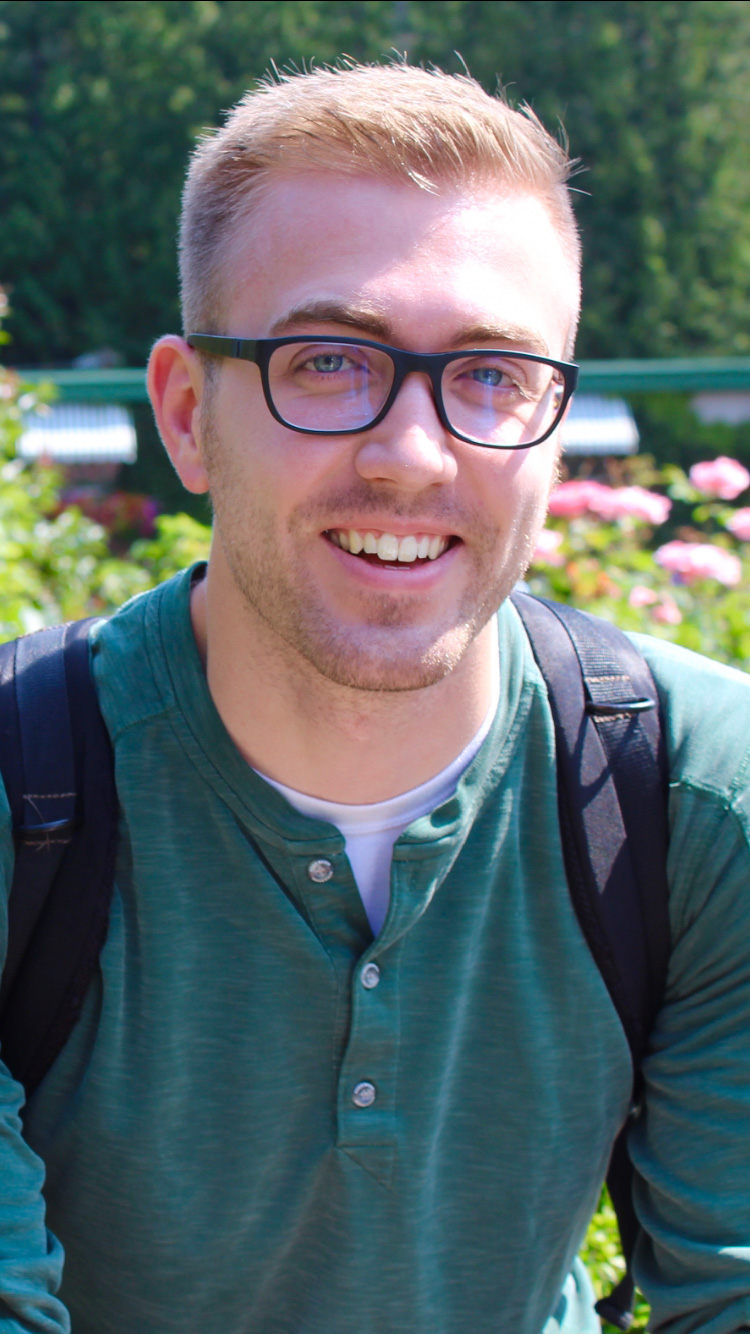 Adam Fitzsimmons Adam Fitzsimmons
I am a graduate student in the Molecular Medicine program at the University of Iowa, working in Dr. Lee-Ann Allen’s lab. I graduated with bachelor’s degrees in biochemistry and human physiology from the University of Iowa. I began research as an undergraduate in a virology lab before moving on to recruit for a vaccine study and later work in a cardiovascular physiology lab. After graduating, I continued research as an intern at the University of Iowa Hospitals and Clinics, focusing on maternal-fetal health interactions. Underlying these different lab environments is a common goal of understanding inflammation and its effects on human systems. My research interests include leukocyte biology, inflammation, and host-pathogen interactions. My current work is investigating the molecular mechanisms of neutrophil nuclear hypersegmentation in Helicobacter pylori infection.
|
|
 Ramya Ganesan Ramya Ganesan
I am a postdoctoral fellow at Emory University School of Medicine. My main interests are in understanding in studying tumor dormancy, how dormant tumor cells survive in secondary metastatic sites, and later escape dormancy resulting in aggressively metastatic cancer relapse or recurrence. My current research focuses on establishing a syngeneic model of tumor dormancy that will explain the nuances of both, the immune and tumor cell survival, aspects of cancer dormancy. Following which, I will study various stimuli that will invoke dormancy escape and use a novel combination therapy with repurposed drugs in a timely fashion to invoke a tumor-specific immunity to completely eliminate dormant and proliferating cancer cells.
|
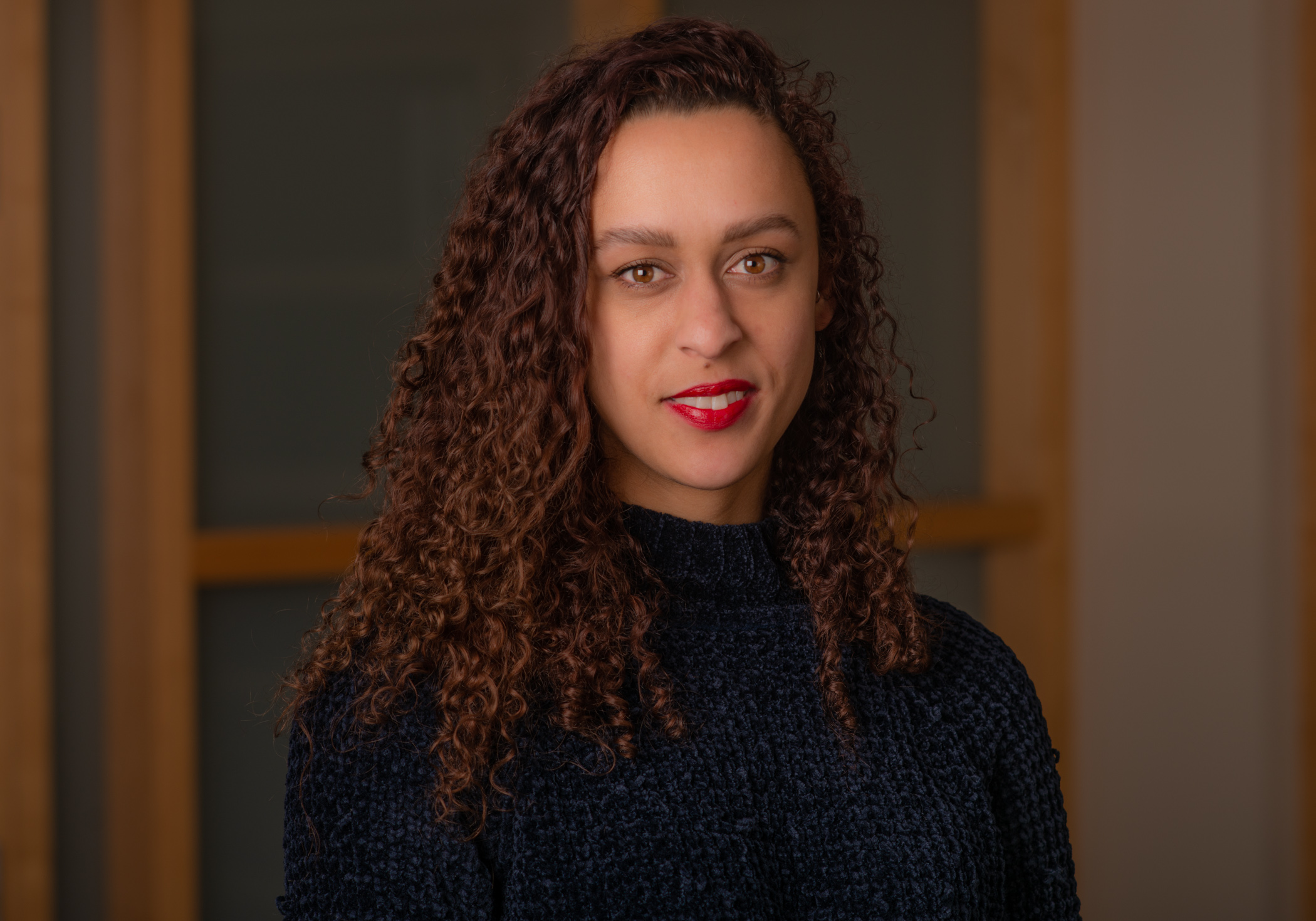 Chyna Gray Chyna Gray
My name is Chyna Gray and I am a Ph.D. Candidate in the Molecular Biology, Cell Biology, and Biochemistry (MCB) Graduate Program at Brown University. I am conducting my thesis research in Dr. Alfred Ayala’s laboratory at Rhode Island Hospital. My project concerns the role of immune checkpoint regulator, VISTA, in the inflammatory response of early stage sepsis. I am currently exploring how VISTA improves survival to sepsis and modulates the T-cell response via cell intrinsic and/or extrinsic immune suppression.
|
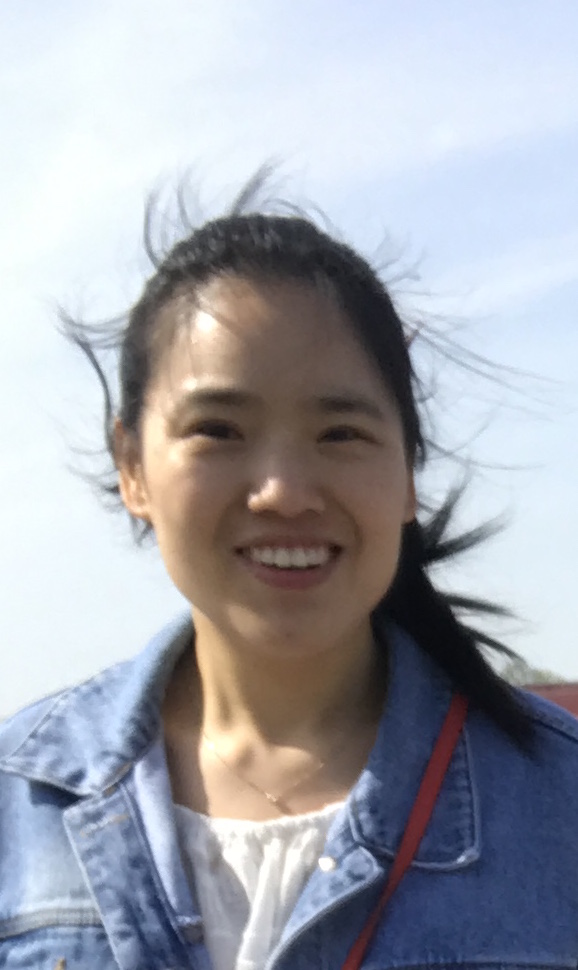 Min Gu Min Gu
I obtained my PhD degree from the University of Massachusetts Amherst, where I was trained for the gut microbiota and intestinal immunology. After graduation, I joined Dr. David Welsh’s lab as a postdoc at Louisiana State University Health Science Center. Currently, I focus on the pathogenesis of alcohol-induced defects in host defense, particularly mechanisms mediated by mucosa-associated invariant T (MAIT) cells in the intestinal tract and lung. Hopefully, we can develop therapies targeting the MAIT cells. Hopefully, our research could contribute to the mechanism of alcohol pneumonia and develop efficient therapies to improve host defense in people with alcohol use disoerders.
|
|
 Holly Hulsebus Holly Hulsebus
Holly is currently a 4th year student in the Immunology Graduate Program at the University of Colorado Anschutz Medical Campus. She obtained her Master of Public Health degree in 2014 while working as a research assistant in the Department of Microbiology and Immunology at Des Moines University. She is working in the laboratory of Dr. Elizabeth Kovacs for her PhD training, where she studies the innate immune response to pulmonary infection in the context of ethanol exposure and aging..
|
 Megan Jones Megan Jones
I am a Postdoctoral Fellow at the University at Buffalo, SUNY in the Oral Biology department. I am interested in understanding how bacteria evade the host immune system to cause disease. Upon joining the lab of Dr. Michelle Visser, I have gone on to characterize how neutrophil signaling and function can be altered by the bacterium Treponema denticola, causing significant cause tissue damage and bone loss in patients with severe periodontal disease. I am also interested in characterizing how outer membrane vesicles secreted by T. denticola alter immune cell signaling and function to enhance bacterial survival.
|
 George Karagiannis George Karagiannis
George S. Karagiannis is currently a post-doctoral fellow in the Albert Einstein College of Medicine, studying the effects of chemotherapy in tumor progression and metastasis. He has finished the school of Veterinary Medicine in Greece, and acquired his PhD in cancer biology in Canada. He is an aspiring science fiction author, an evolving artist of the abstract and surreal, and a modernized cook of exotic cuisines. He also enjoys traveling, networking, and exercising for long-distance (marathon) running. He aspires to become a principal investigator in an academic institution, and put his best effort to improve cancer therapeutics and patient outcomes.
|
|
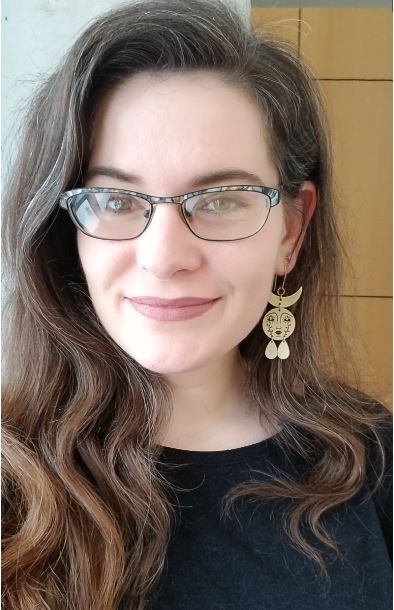 Samantha Krysa Samantha Krysa
Samantha Krysa graduated from Augustana College with bachelor’s degrees in Biochemistry and Spanish. Following graduation, she worked at DuPont in an industrial microbiology laboratory, where her interest in bacteria, and the mechanisms by which they interact with their host, was cultivated. Sam is a third-year Ph.D. candidate in the Molecular Medicine Graduate program at the University of Iowa, where she works in Dr. Lee-Ann Allen’s laboratory and studies human neutrophil metabolic reprogramming during infection with the intracellular pathogen, Francisella tularensis. When she is not thinking about neutrophil biology, Sam enjoys kickboxing, horror films and spending time with her cat, Medusa.
|
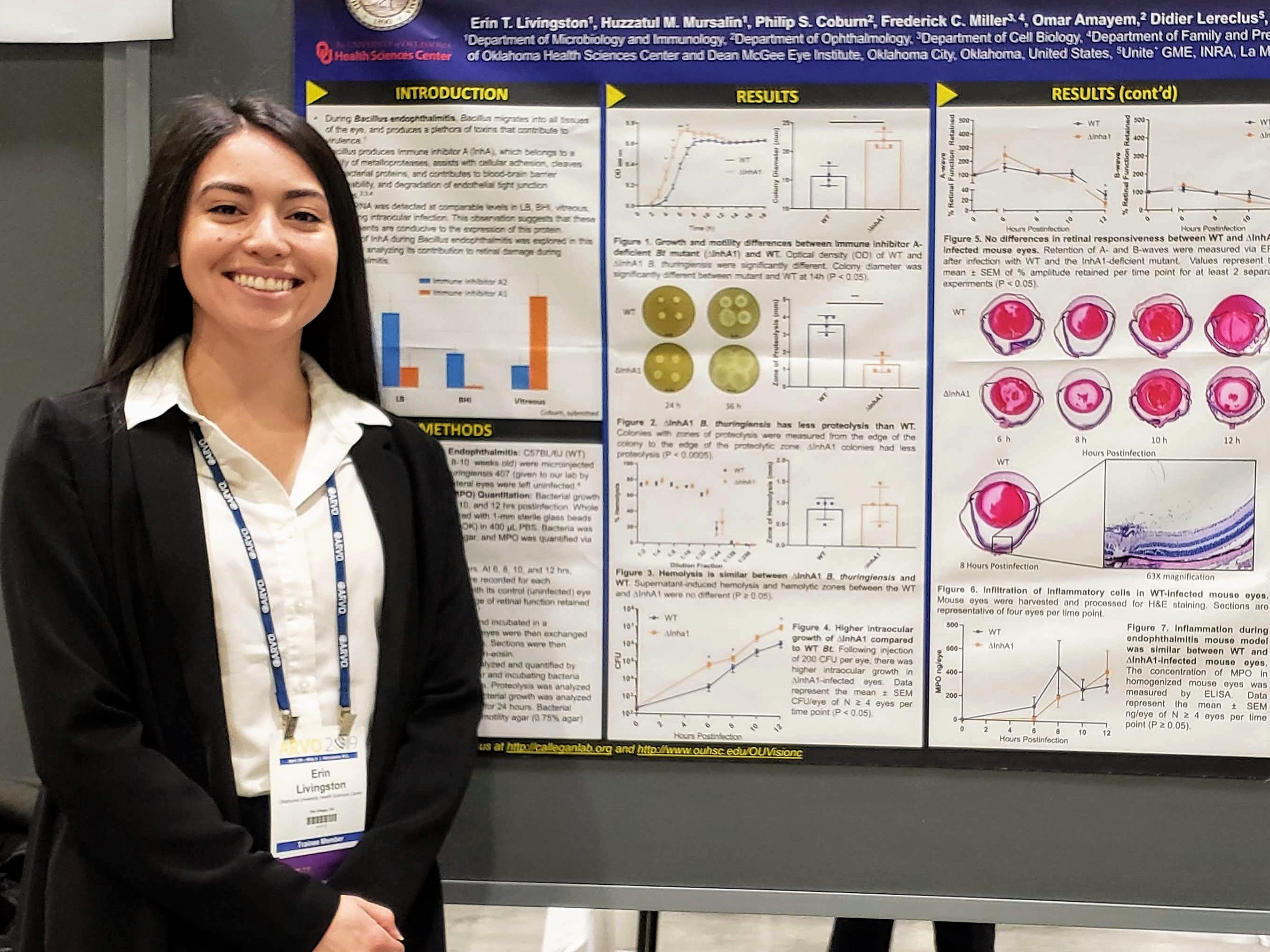 Erin Livingston Erin Livingston
Erin Livingston is a third year Ph.D. candidate in the department of Microbiology and Immunology at the Oklahoma University Health Sciences Center. She obtained her Bachelors in Chemistry at Oklahoma Baptist University. While an undergraduate, she experienced a summer internship at Dean McGee Eye Institute and became interested in the host-microbial interactions within the eye. Currently, her research interest centers on which virulence factors from Bacillus are responsible for severe ocular infection and inflammation. In the future, she would like to hold a post-doctoral or industrial position in the health sciences field.
|
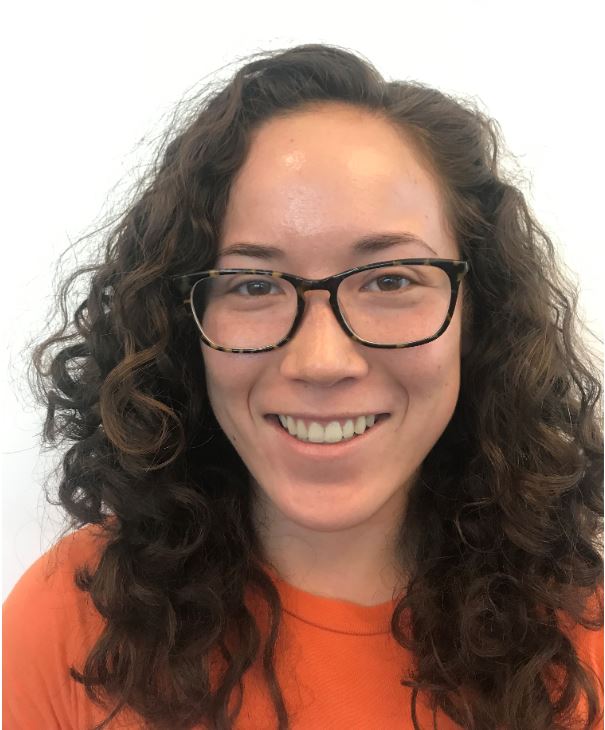 Marisa Luck Marisa Luck
Marisa is an MD/PhD student starting her third year of the PhD program at Loyola University Chicago Health Sciences Division. She graduated from Carleton College in 2013 with a B.A. in Biology and worked for the University of Colorado as a research technician for two years prior to returning to school. She is currently working in the lab or Dr. Mashkoor Choudhry and studying the effects of alcohol and burn injury in the small intestine. Her current project focuses on the role of IL-27 signaling in the small intestine in this model.
|
|
 Thorsten Maretzky Thorsten Maretzky
Dr. Maretzky is an Assistant Professor in the Department of Internal Medicine at the University of Iowawhose laboratory studies TNF signaling in innate immunity and inflammatory disease as well as EGFR signaling. For over 10 years he has focused on the function of a group of cell surface metalloproteases termed ADAMs in several in vivo disease mouse models. In addition to a Ph.D. in Biochemistry, Dr. Maretzky had post-doctoral training at Weill Cornell Medicine of Cornell University in New York City, where he made fundamental contributions to understanding the regulation of ADAMs.
|
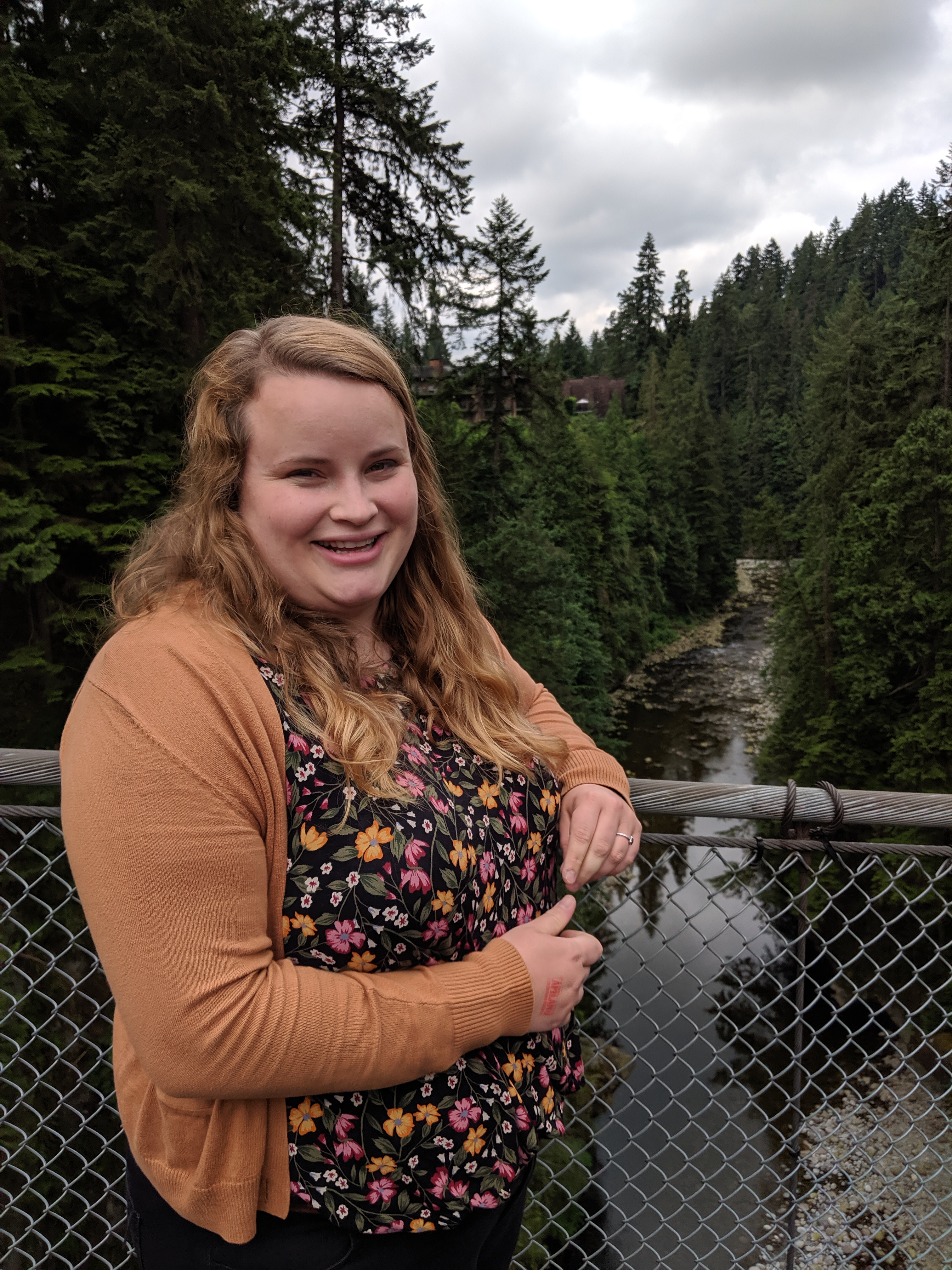 Sarah Metcalfe Sarah Metcalfe
I received my BS in Biochemistry from St. Bonaventure University in 2016. I joined Dr. Jason Kay’s lab in the department of Oral Biology at the University at Buffalo in 2017. My research focuses on understanding the cell biology of macrophages in the context of the oral environment to increase our understanding of the roles these cells play in both oral cavity immune homeostasis and disease development. I have also been investigating the interaction between the accessory pathogen S. gordonii and inflammatory macrophages to understand how a traditional commensal can play a role in disease progression.
|
 Kathryn Michels Kathryn Michels
Kathryn Michels is a Postdoctoral Researcher at the University of Michigan in the Department of Pathology where her current research focuses on lung immunopathology during respiratory infections and asthma. These projects revolve around the role of mononuclear phagocytes in shaping the function of the lung during health and disease. She received her doctorate from the University of Virginia in the Department of Microbiology, Immunology, and Cancer where she studied nutritional immunity during gram-negative pneumonia and invasive pulmonary aspergillosis.
|
|
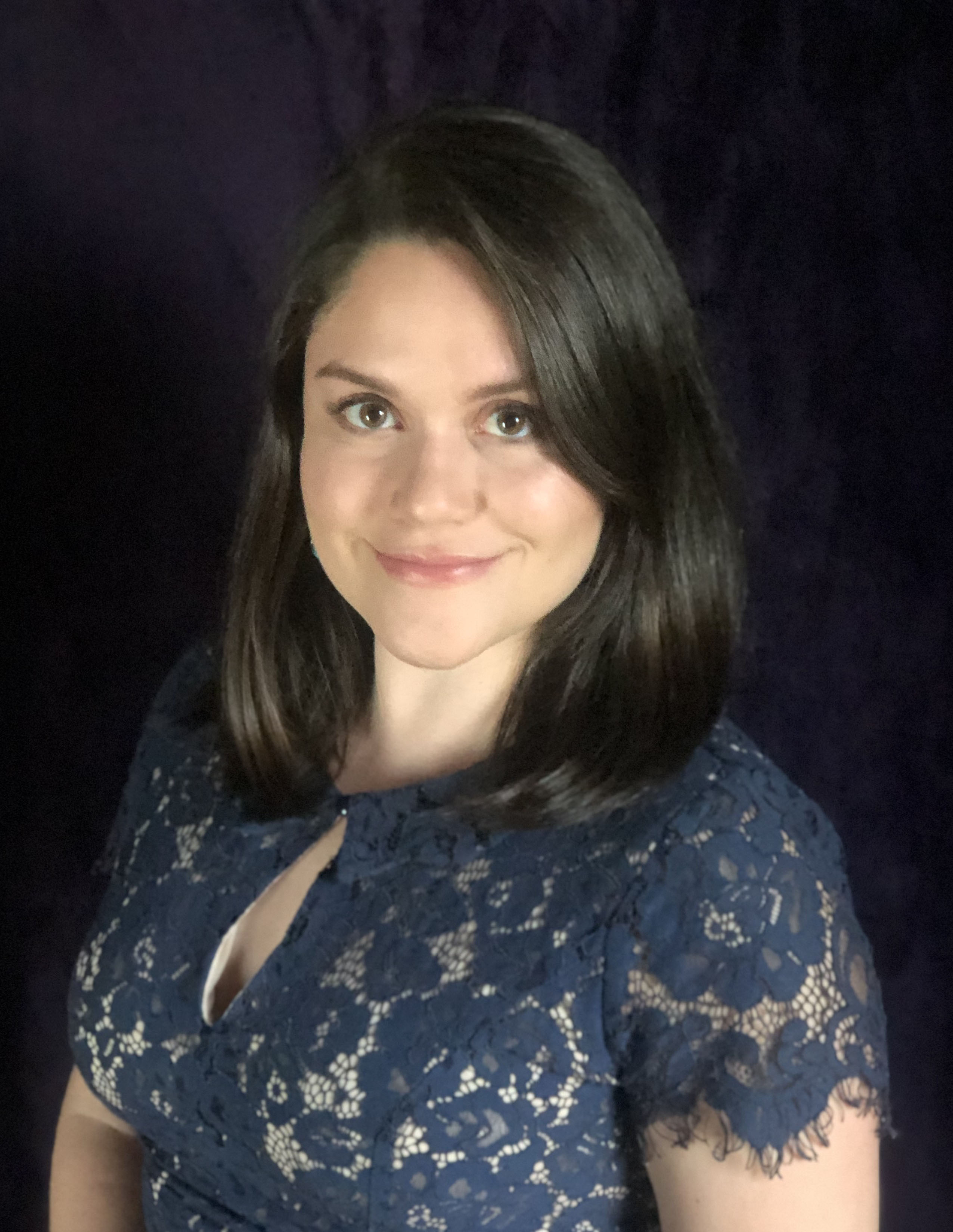 Irina Miralda Irina Miralda
Irina Miralda received her Bachelor’s degree in Biology with a concentration in Genetics from the University of Louisville, where she started working with Dr. Silvia Uriarte on the functional mechanisms of human neutrophils in response to a Mycobacterial glycolipid. Hooked on neutrophils, she continued with her PhD in Microbiology & Immunology under Dr. Uriarte at the University of Louisville. Her current project focuses on how emerging oral pathogens manipulate neutrophil signaling cascades to promote their survival and drive inflammation in periodontitis. After graduating, Irina will pursue her dream of starting her own laboratory, where she hopes to mentor and encourage a new generation of immigrant, minority students like herself.
|
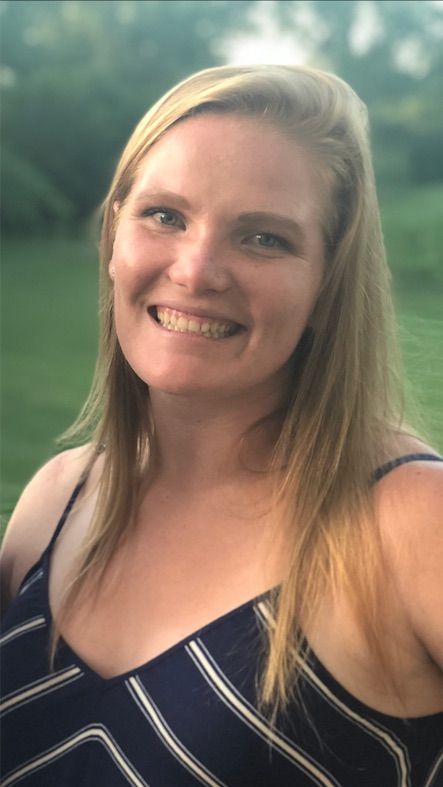 Kara Misel Kara Misel
I am a graduate student in the Molecular Medicine program at the University of Iowa under the mentorship of Dr. Lee-Ann Allen studying host-pathogen interactions within the innate immune system. I have a BS in Biochemistry and minors in Chemistry and American Sign Language from the University of Iowa. As an undergraduate researcher I studied heterogeneity across the mouse liver lobes as well as the metabolic role of the mitochondrial citrate carrier. My current project is specifically focused on elucidating the downstream fate of F. tularensis-infected neutrophils.
|
 Hemant Mishra Hemant Mishra
Dr. Hemant Mishra has done his PhD from the All India Institute of Medical Sciences and is currently working at the University of Minnesota as a Researcher 6 in the laboratory of Prof. Bruce Walcheck. His work relates to the regulated proteolysis of cell surface proteins and its applications in cancer immunotherapies, dysregulated immune response during severe infection and host-pathogen interactions. He has an extensive research experience in the area of Immunology, molecular biology, and experimental therapeutics.
|
|
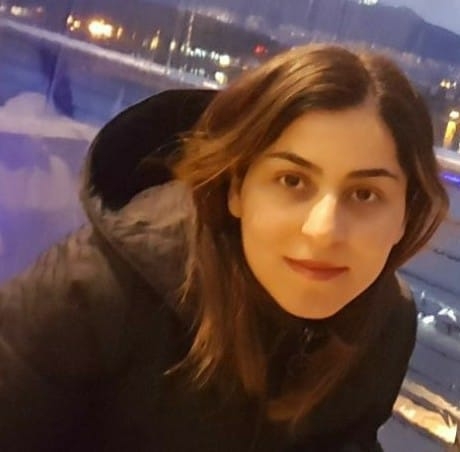 Mahdis Monajemi Mahdis Monajemi
I received my M.Sc. in the field of Immunology and Infectious Diseases from Memorial University, Canada. During my M.Sc., I studied the impact of APOBEC3G-mediated mutations of the HIV genome on adaptive immunity. I am currently doing my PhD in the field of Immunology in the Department of Experimental Medicine at the University of British Columbia, Canada, under the supervision of Dr. Laura M. Sly. My PhD research focuses on understanding the role of Malt1 in myeloid cells in the development of immune-mediated diseases including inflammatory bowel disease and osteoporosis.
|
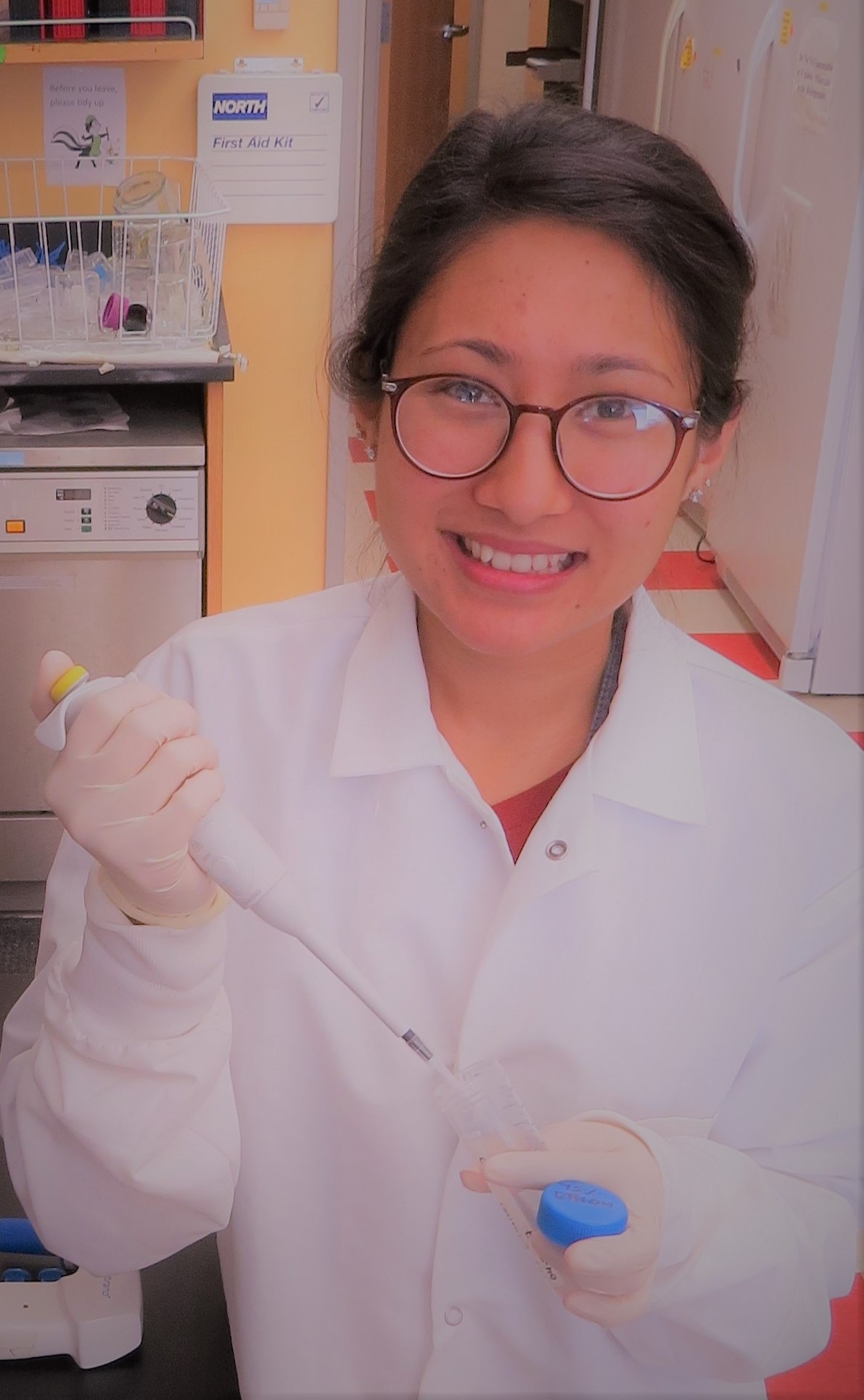 Kisha Pradhan Kisha Pradhan
Kisha Pradhan is an international student from Nepal. She is a third-year PhD candidate in Dr. Liwu Li’s lab, Virginia Tech University. She received her BSc in Environmental Sciences with a minor in Biology from Wilson College, PA. Before pursuing for a PhD, she had worked for a year with the United States Department of Agriculture. Her current research focuses on the role of subclinical low dose endotoxin in polarizing macrophages to a non-resolving prolonged inflammatory state. She is interested in investigating novel molecular mechanisms leading to this phenotype.
|
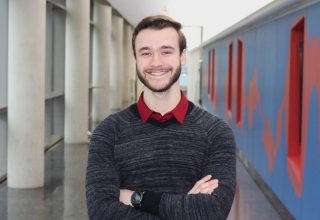 Allan Prichard Allan Prichard
My name is Allan Prichard and I am a third-year student in the Microbiology and Immunology graduate program at the University of Iowa. I received my B.S. in Microbiology at the University of Wisconsin-Madison and served as president of the UW-Madison Microbiology Club during my undergraduate degree. My research experience includes endocrinology, drug discover for emerging viral infections, and infectious disease in context of the innate immune system. My most recent publication was a collaboration with the Kelsney-Tait lab exploring TREM-1 regulation of neutrophil chemotaxis.
|
|
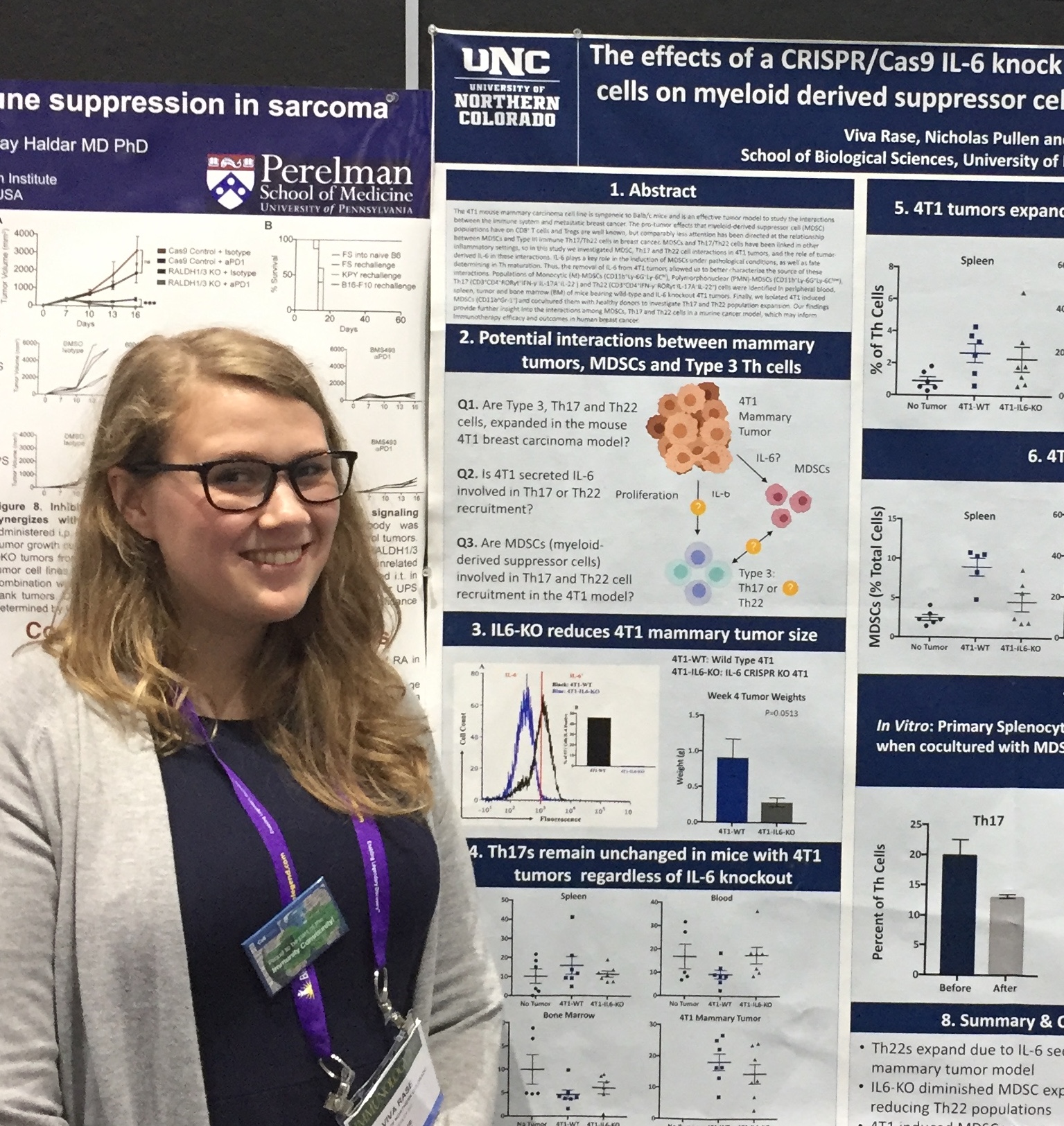 Viva Rasé Viva Rasé
I received my BS in biology at the University of Northern Colorado (UNC) in 2018. I decided to continue my education at UNC and I’m going into the second year of my masters. My current research focuses on better understanding tumor immune interactions with the goal to improve the efficiency of immunotherapies in solid tumors. Specifically, I’ve been interested in interactions between type III T helper cells, myeloid derived suppressor cells and breast cancer. In the future I aspire to research immune interactions in distant metastatic sites, in order to help develop effective immunotherapies for metastatic disease.
|
 Marcelle Ribeiro Marcelle Ribeiro
Graduated in Pharmacy for the University of Grande Rio (2008). She has a postgraduate degree in Biological Sciences (Physiology) at Federal University of Rio de Janeiro (UFRJ), where during the master's degree (2009-2011) she characterized biochemically ectonucleotidases from proximal renal tubule cells. In the doctorate (2011-2015) she demonstrated for the first time the role of mTOR complexes in the process of monocyte adhesion to human endothelial cells. Since she started her Post-doctoral at Umass Medical School (2017-actual) her focus has been on pro-inflammatory macrophages functions and inflammasome activation in liver diseases including non-alcoholic and alcoholic liver diseases.
|
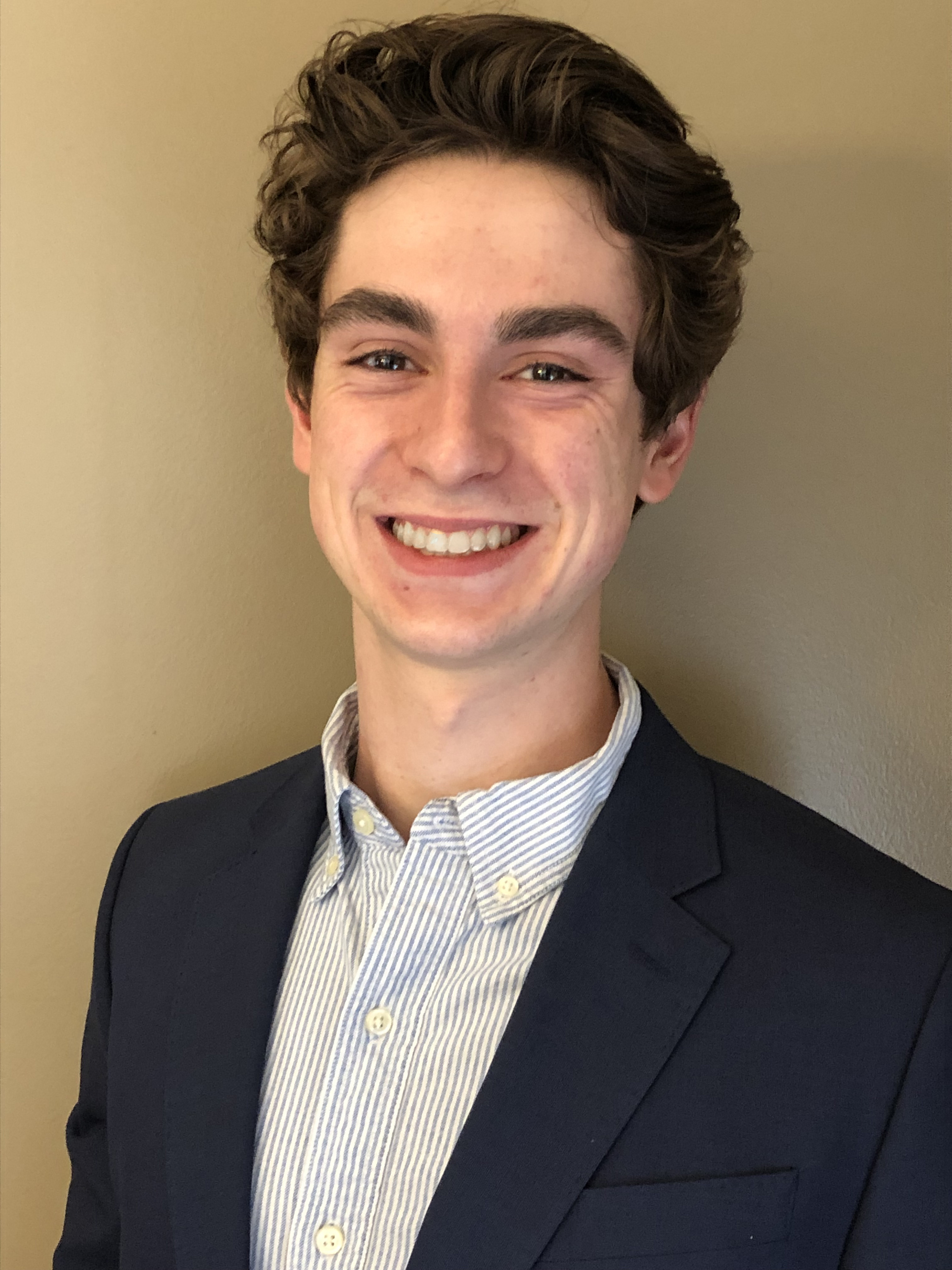 Max Rogers Max Rogers
I am an undergraduate student finishing my B.S. in Biology at the University of Louisville. Since 2018, I have been a research assistant in the Department of Medicine with Dr. Silvia Uriarte’s lab. My project examines the periodontal pathogen Filifactor alocis and the selective effects its secreted molecules have on neutrophil MAPK signaling. Upon earning my degree, I hope to attend medical school and become a physician scientist specializing in the pathology of Parkinson’s and related neurodegenerative diseases.
|
|
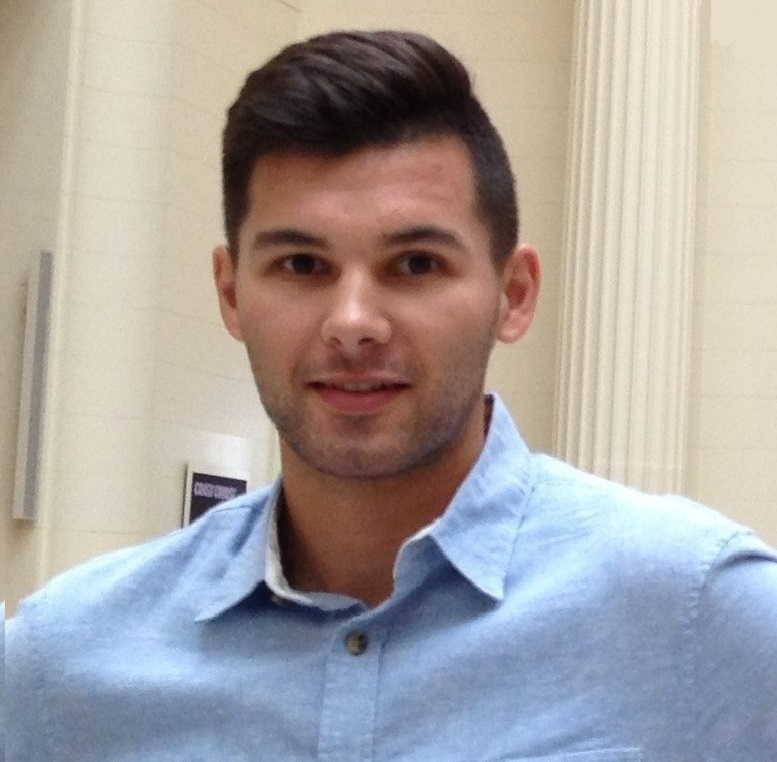 Michal Santocki Michal Santocki
I am a PhD candidate in Biological Sciences at Jagiellonian University in Krakow, Poland, where in 2015 I received my MSc in Biology and the same year I joined Dr. Elzbieta Kolaczkowska’s lab in the department of Experimental Hematology. I am interested in neutrophil biology, particularly in their ability to cast Neutrophil Extracellular Traps (NETs) and their dark side. My research focuses on explaining the fates of NETs in the course of sepsis, for studying which I’m using groundbreaking technique of intravital microscopy that allows to follow dynamic processes in blood vessels of live mouse, in real time.
|
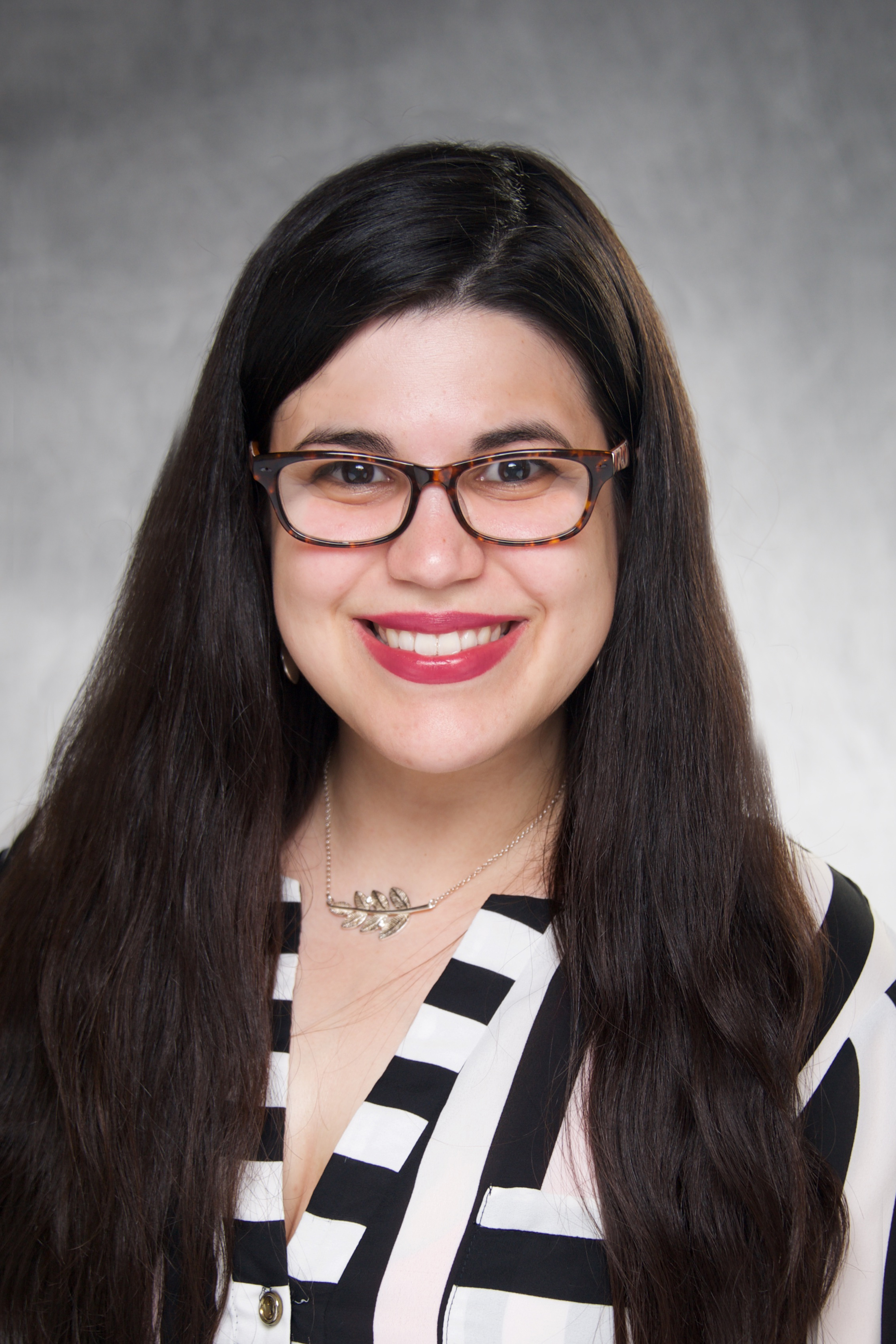 Stephanie Silva-Del Toro Stephanie Silva-Del Toro
Stephanie Silva-Del Toro is a 5th year Immunology PhD candidate at the University of Iowa. She did her bachelor’s degree at the University of Puerto Rico Mayagüez and a post-baccalaureate program at Mayo Clinic before starting grad school. Stephanie is interested in how our innate immune system is modulated by pathogens. She is currently elucidating the underlining mechanisms of Helicobacter pylori induced neutrophil sub-type differentiation, more specifically, determining the mechanisms of neutrophil nuclear hypersegmentation under the guidance of Dr. Lee-Ann Allen. Outside the lab, Stephanie loves to cook, paint, enjoys good music, and spends time with her dog Jelly Bean.
|
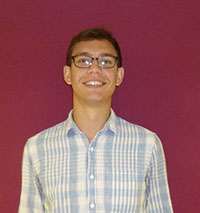 Joseph Skurski Joseph Skurski
A well-coordinated immune response is characterized by the rapid initiation of inflammation in response to an immune challenge. However, this response is sustained only until the insult or injury is contained; at that point, the inflammatory response is terminated or resolved. Thus, the controlled and appropriate resolution of inflammation is an essential feature of the innate immune response. Previous studies from our lab have shown that the metalloprotease tumor-necrosis factor-α-converting enzyme (TACE) controls the release of soluble tumor necrosis factor TNF-α and activation of epidermal growth factor receptor (EGFR)-signaling in an iRhom2-dependent manner. My current interest lies in deciphering the role of iRhom2 in innate cell-mediated immunity and its potential contribution to associated diseases.
|
|
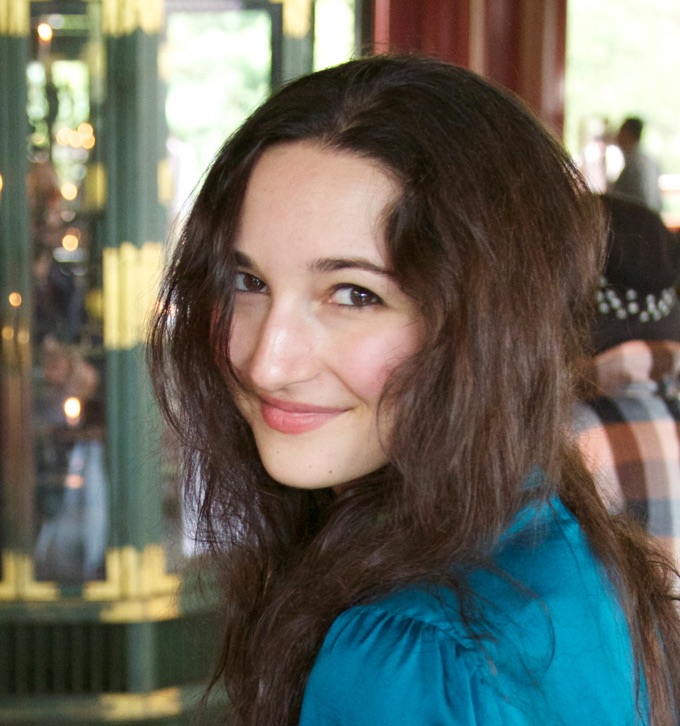 Hadley Witt Hadley Witt
Hadley Witt is a graduate student in the Pathobiology Program at Brown University. Ms. Witt received her undergraduate training in Biology at Brown University where she earned her BA in 2014. Her undergraduate research focused on nanobiophysics and innate immunology. Ms. Witt continued at Brown University for her masters work in Pathobiology, receiving her MA in 2015. Her masters researched focused on malaria vaccine development and adjuvant selection. Ms. Witt joined Dr. Jonathan Reichner’s lab in 2015 as part of the Brown University Pathobiology PhD program. Her thesis work focuses on neutrophil effector functions and integrin biology.
|

Yao Zhang
Yao Zhang is a research scientist in Dr. Liwu Li’s laboratory in the Department of Biological Sciences at Virginia Tech. She completed her PhD training at Penn State University with Dr. Catharine Ross, studying monocyte differentiation. Prior to her current position, she was at Duke University, where she investigated innate immune cell signaling in host defense against bacterial pathogens. Her current research focuses on neutrophil dynamic programming in acute and chronic diseases, especially in atherosclerosis and cancer.
|
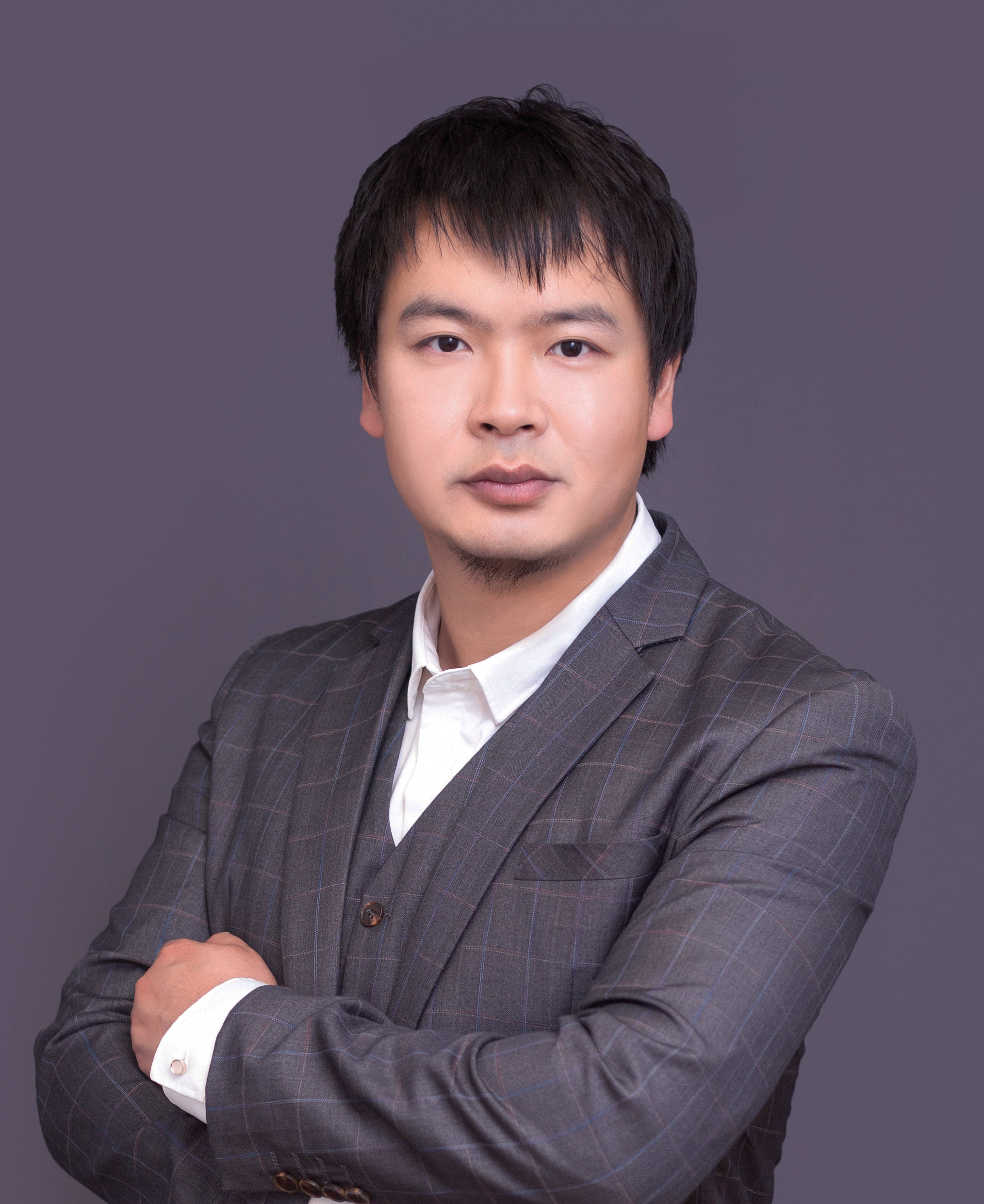 Zhichao Fan Zhichao Fan
I am a faculty member in the University of Connecticut Health Center focusing on leukocyte recruitment and adhesion molecules in inflammation using advanced microscopy, including super-resolution single-molecular microscopy, high-resolution live-cell microscopy, and intravital microscopy. I obtained my Ph.D. from Fudan University and performed my postdoctoral-training with Dr. Klaus Ley at the La Jolla Institute for Immunology. I have discovered an auto-inhibitory mechanism of integrin activation and aim to understand molecule mechanisms and promote translations in the treatment of inflammatory diseases. In SLB 2019, I will present the work illustrating a critical role of kindlin-3 in modulating integrin activation and distribution during neutrophil spreading. |
|
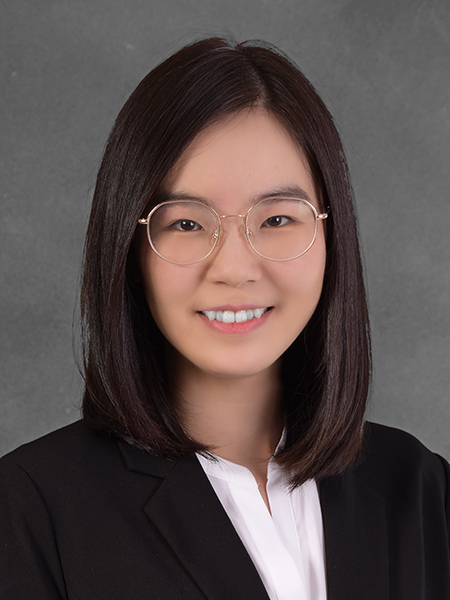 Natsumon Udomkittivorakul Natsumon Udomkittivorakul
My name is Natsumon Udomkittivorakul. I’m a graduated medical student from Ramathibodi Hospital, Mahidol University, Thailand. I received a scholarship from my home institute to become a research fellow at Cincinnati’s Children Hospital Medical Center in Division of Perinatology and Pulmonary biology under the supervision of Dr.Hitesh Deshmukh. My research interests are understanding the immature immune functions in Neonates and how to improve this immaturity to help them fight with microbes. I hope to bring back my research and experience from the USA to apply and improve Thai medical research in the future.
|
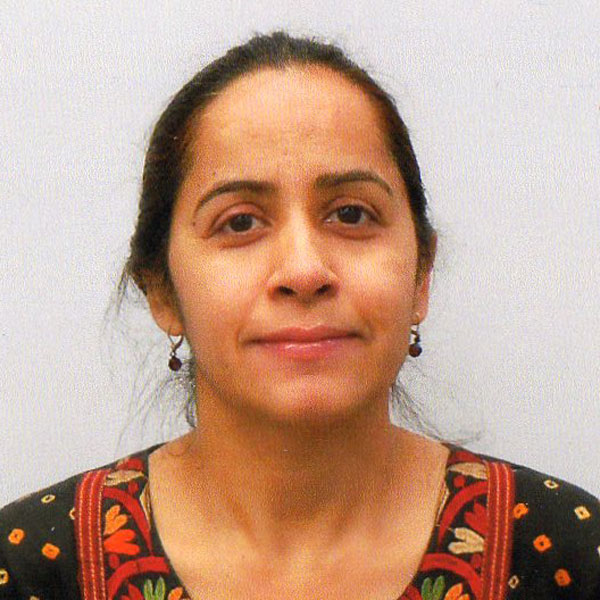 Aruna Vashishta Aruna Vashishta
I am a senior research associate at University of Louisville working with Dr. Silvia Uriarte. I obtained my doctoral degree from the Department of Biotechnology at Jawaharlal Nehru University in India. I worked on different systems to decipher the signaling pathways involved in various pathologies with 25+ publications. Currently, my research focuses on elucidating the molecular mechanisms developed by oral bacteria to sabotage the human innate immune system in periodontitis. We are currently working with two emerging oral pathogens, Filifactor alocis and Peptoanaerobacter stomatis, and the signaling pathways these organisms exploit to survive in neutrophils and macrophages.
|
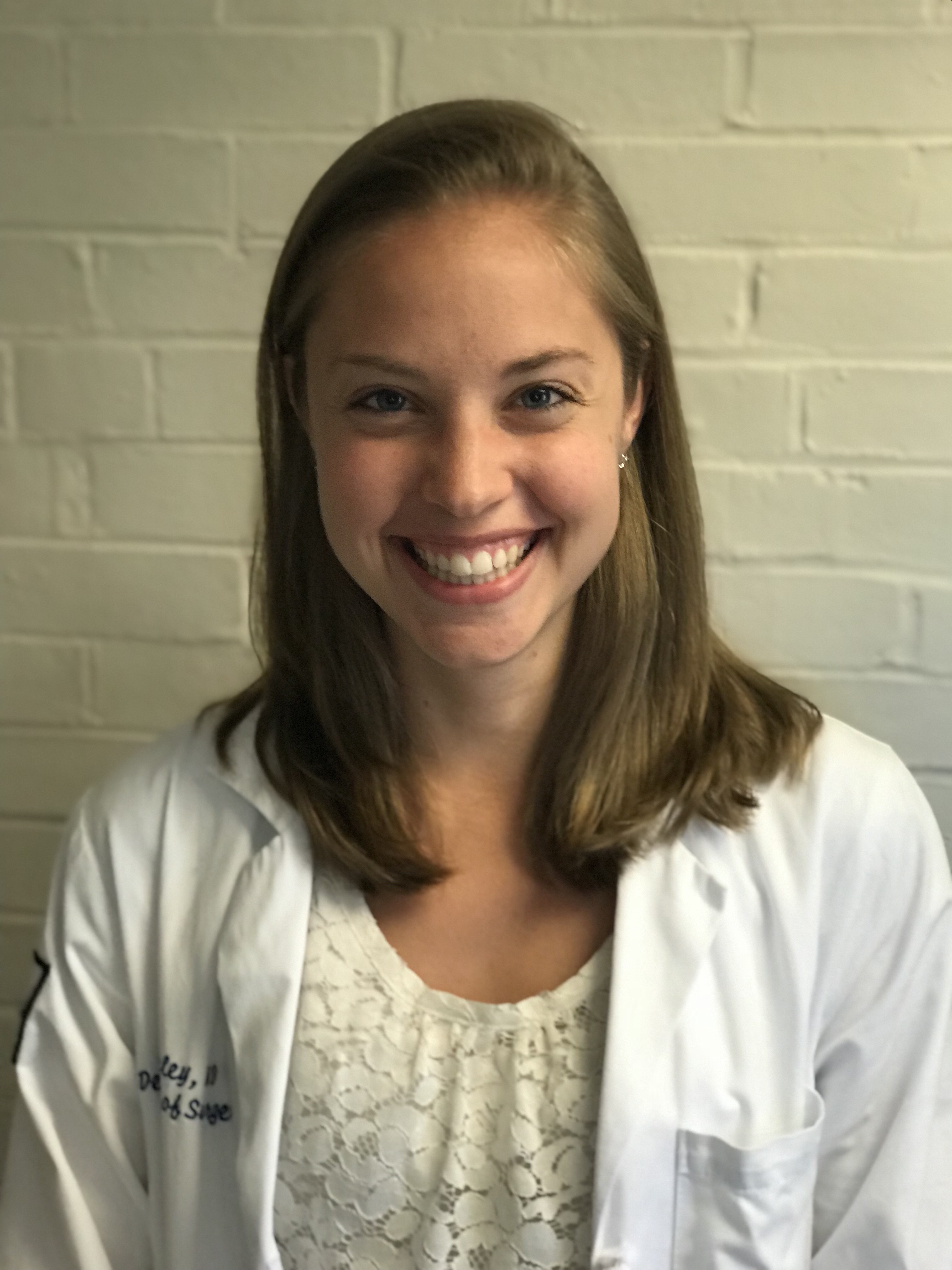 Michelle Wakeley Michelle Wakeley
Dr. Michelle E. Wakeley, MD is PGY-2 General Surgery Resident from the Brown University Department of Surgery working in the lab of Dr. Alfred Ayala studying the role of checkpoint regulators in sepsis. She obtained her Bachelor’s Degree from Wilkes University in 2008 and her Doctorate from SUNY Upstate Medical University in 2012. She is a Captain in the United States Air Force with an interest in Surgical Oncology or Pediatric Surgery.
|










































 Zhichao Fan
Zhichao Fan


